Smart Fortwo, Fortwo cabriolet and Forfour Electric Drive models have been revealed, claiming improved range and performance as well as significantly faster recharging times than their predecessors.
Improvements to Smart's rejuvenated electric models come from the adoption of a new driveline, which is largely shared with the Renault Zoe, as well as developments to its charging system.
Read about this year's Paris motor show here
Having made their debuts at the Paris motor show, Smart’s new trio of electric models are planned to reach UK showrooms in mid-2017.

Prices are yet to be revealed, although Mercedes-Benz officials suggest the cheapest of the three, the Fortwo Electric Drive, will cost around £20,000 in combination with new 22kW fast charger when the Government’s existing £4500 electric vehicle grant is applied.
At the heart of the Smart’s new Fortwo, Fortwo cabriolet and Forfour Electric Drive models is an electric driveline developed in partnership with Smart parent firm Mercedes-Benz and its alliance partner Renault-Nissan. Similar to that already employed in the Renault Zoe, it uses a rear-mounted three-phase synchronous electric motor, produced at Renault’s Cleon plant in France, delivering 80bhp and 118lb ft to the rear wheels.
This is an increase of 5bhp and 22lb ft on the electric motor used by the earlier Fortwo and Fortwo cabriolet Electric Drive. It’s also 7bhp and 44lb ft down on the electric motor used by the front-wheel-drive Renault Zoe.
Electric energy used to drive the electric motor is stored in a 17.6kWh lithium ion battery mounted within the floor. Some 4.4kWh smaller than the unit used by the Renault Zoe, it is produced at Mercedes-Benz parent firm Daimler’s Accumotive battery plant in Germany.

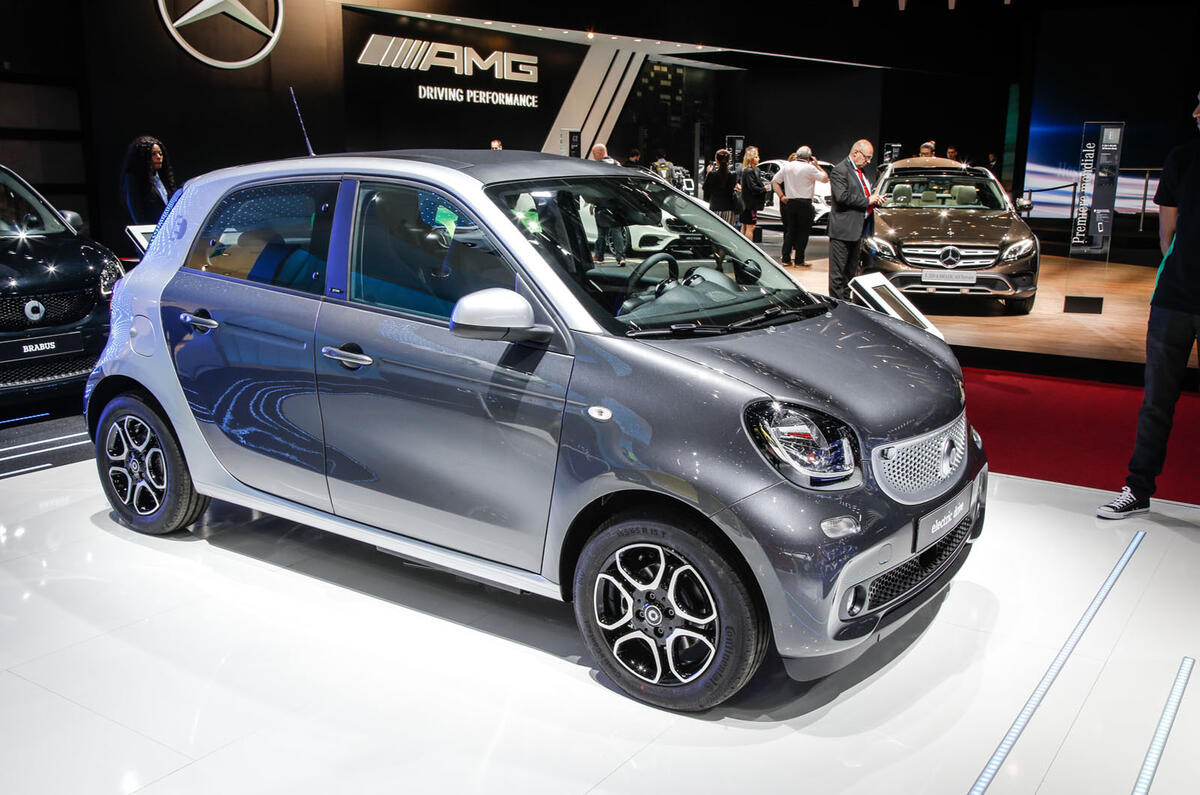
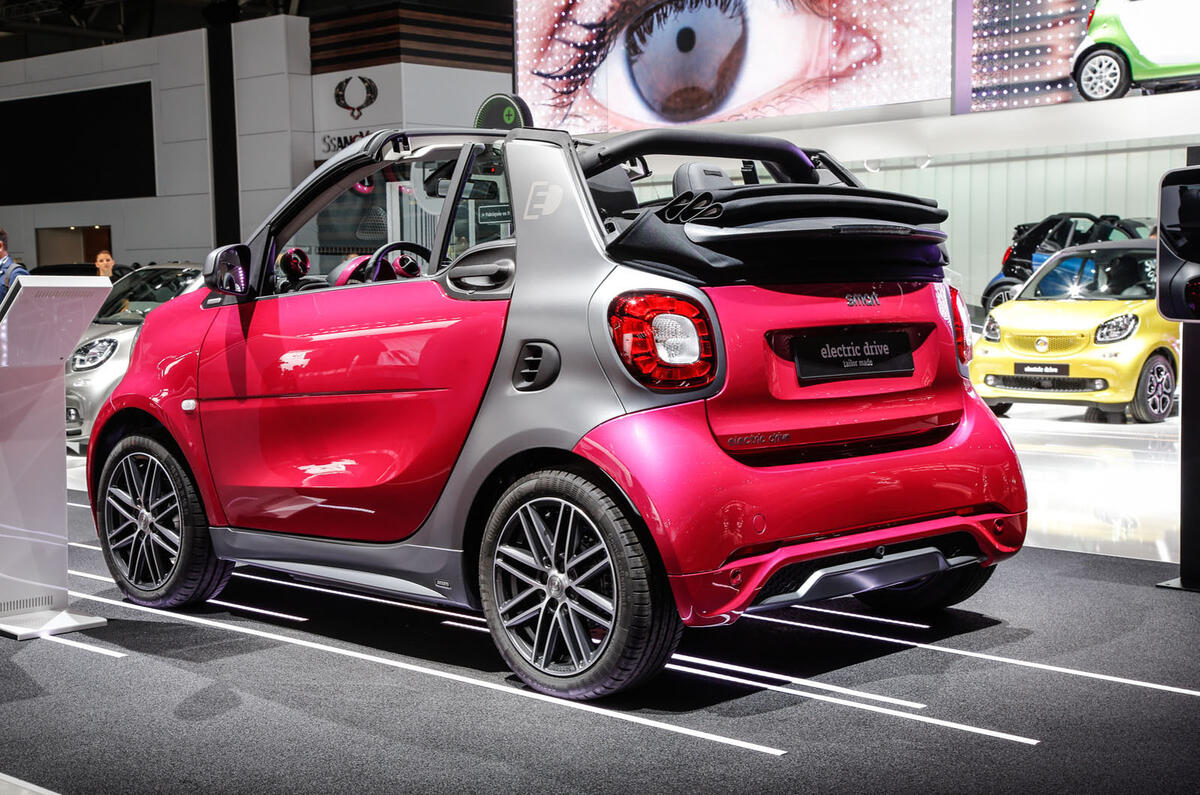
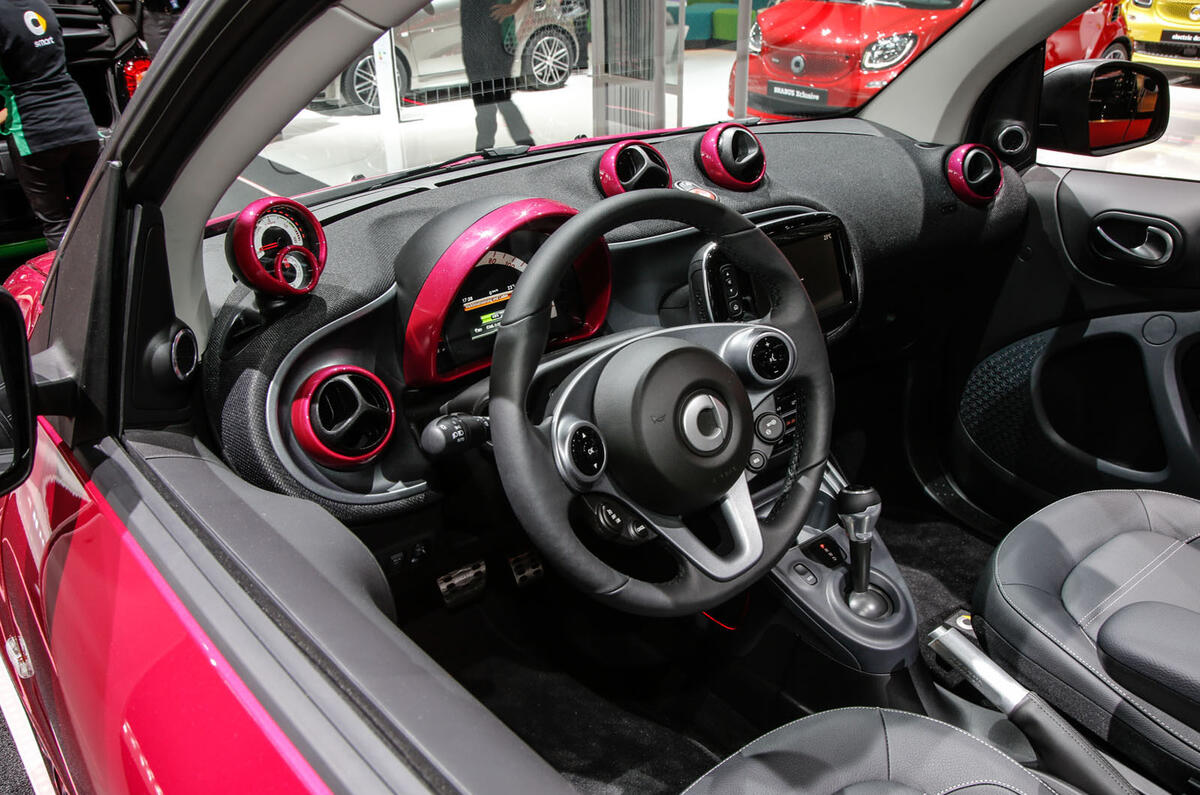
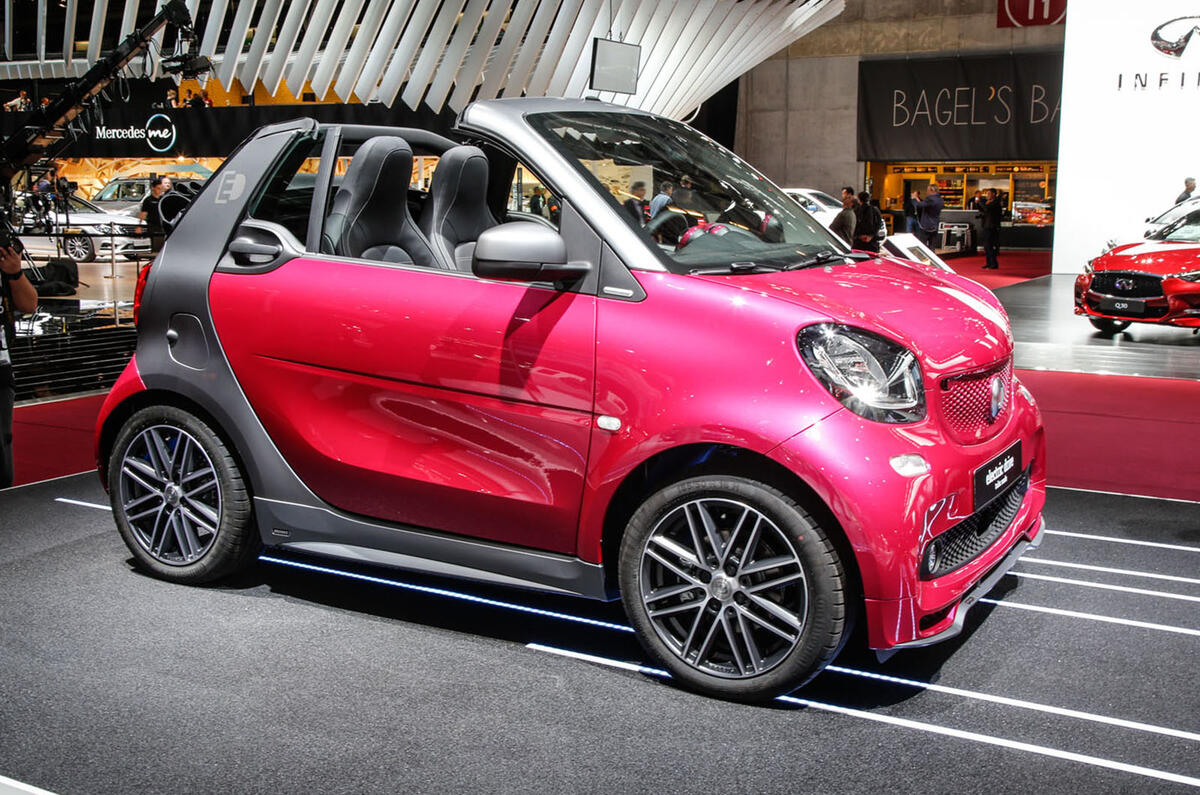
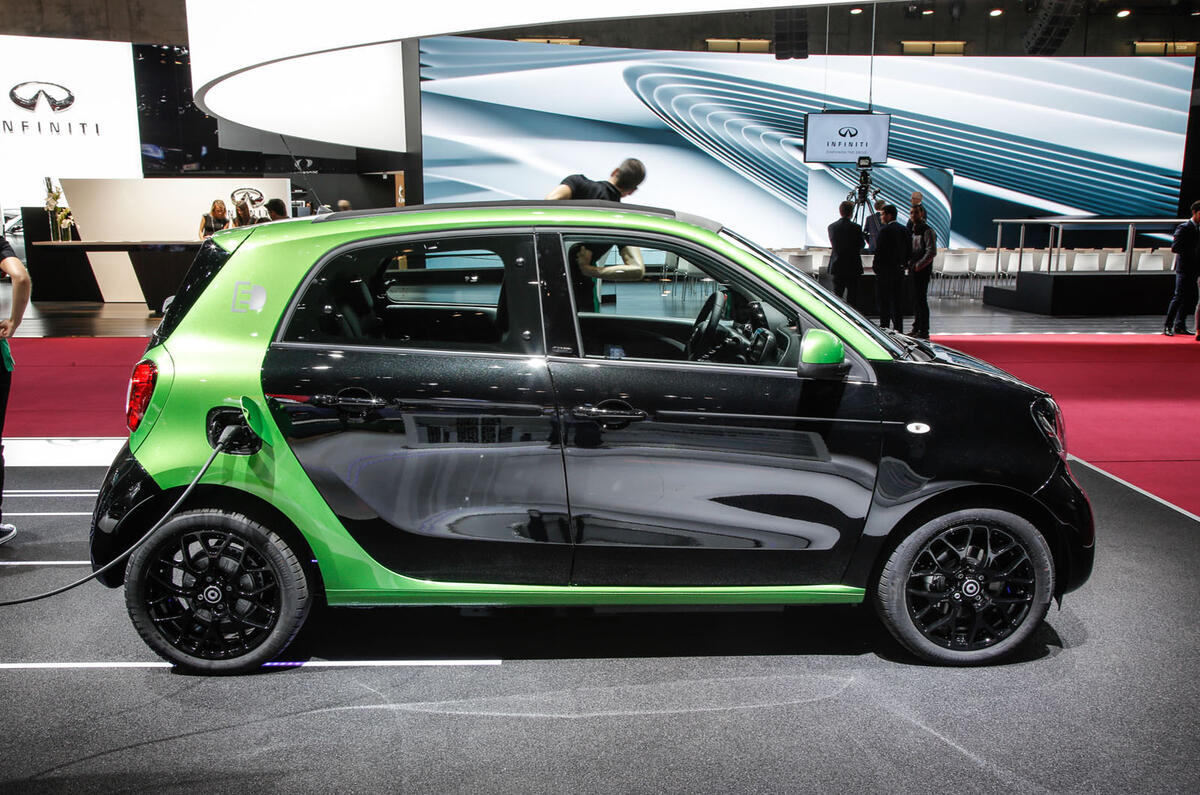
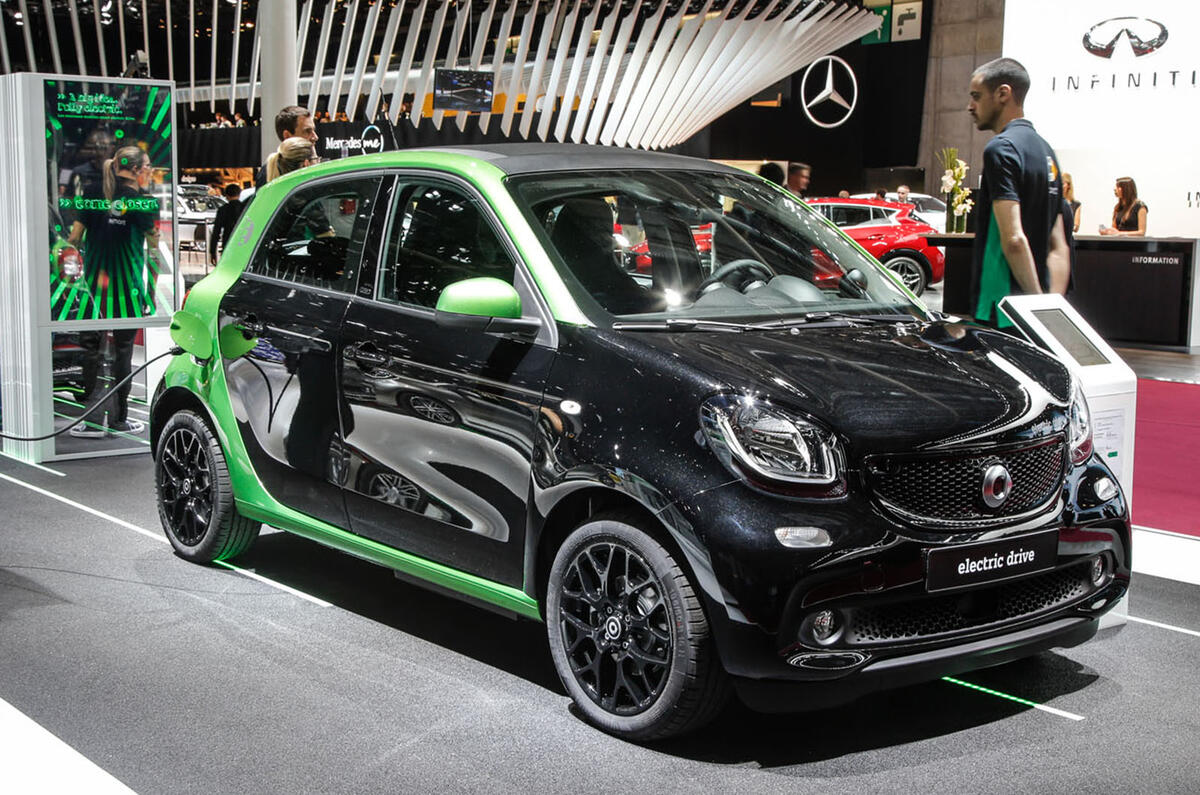
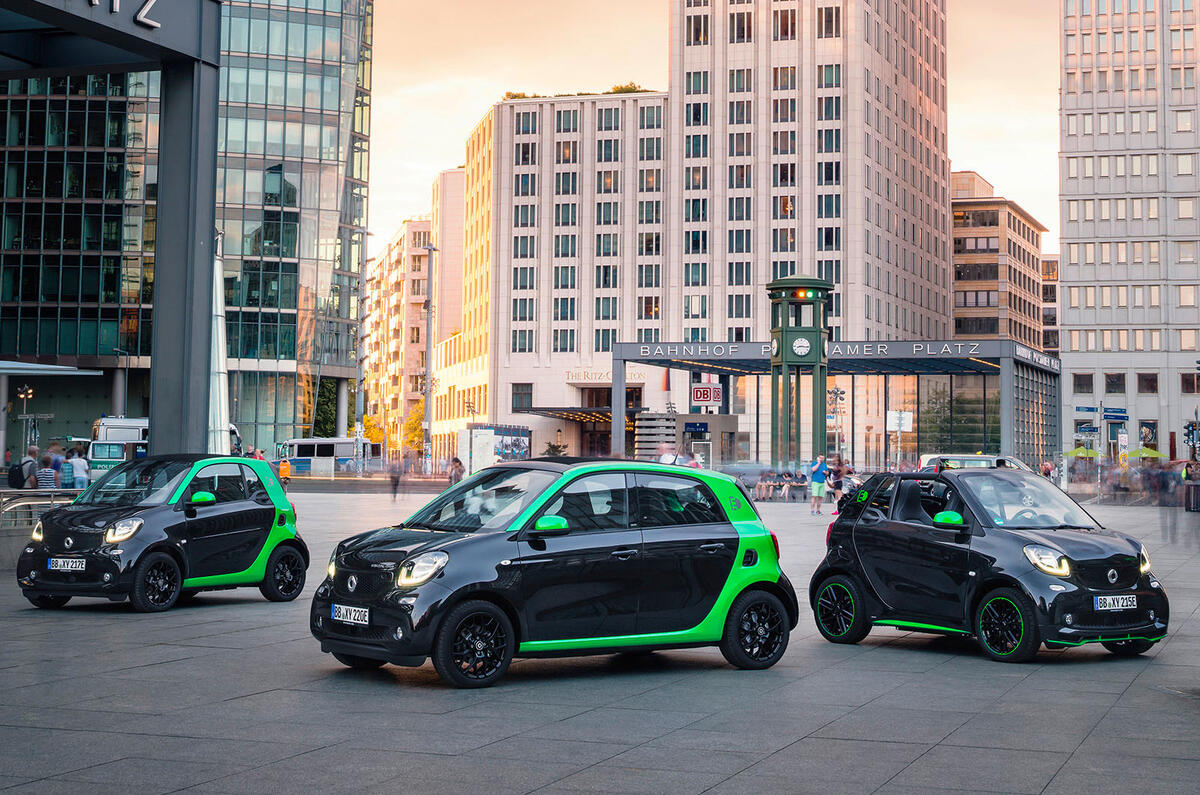
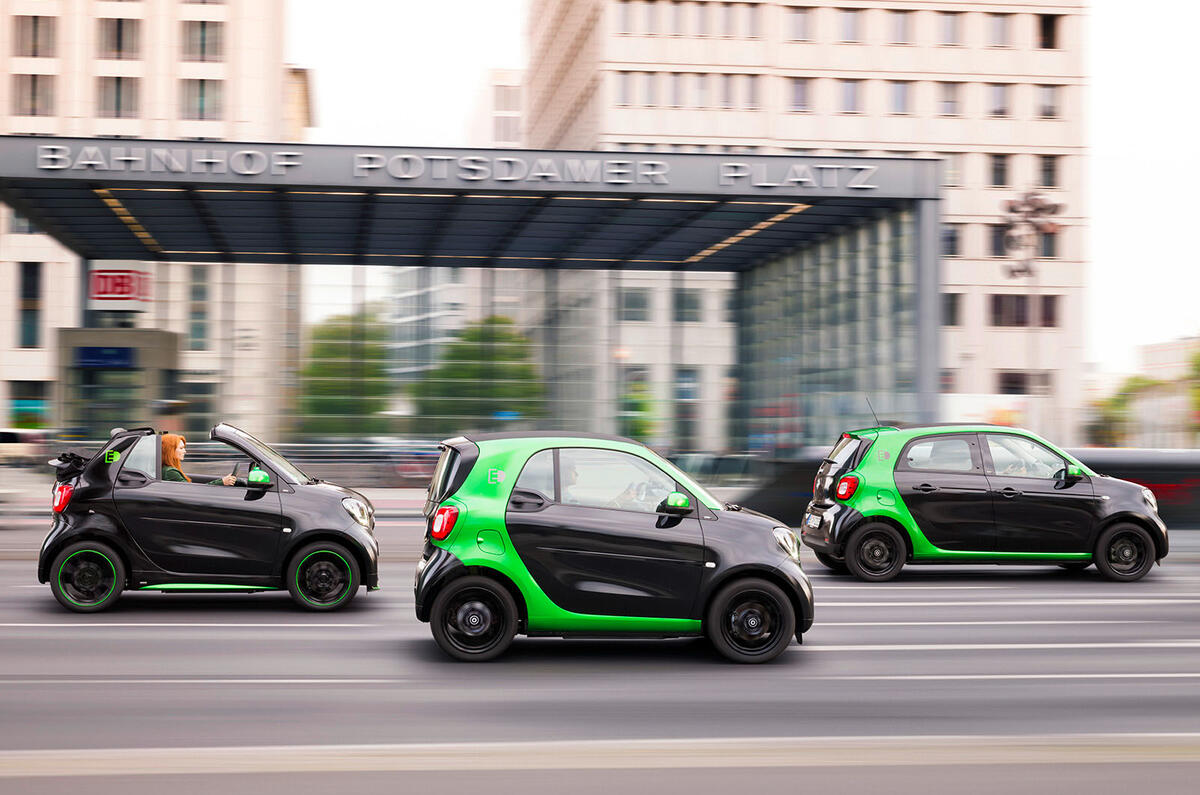
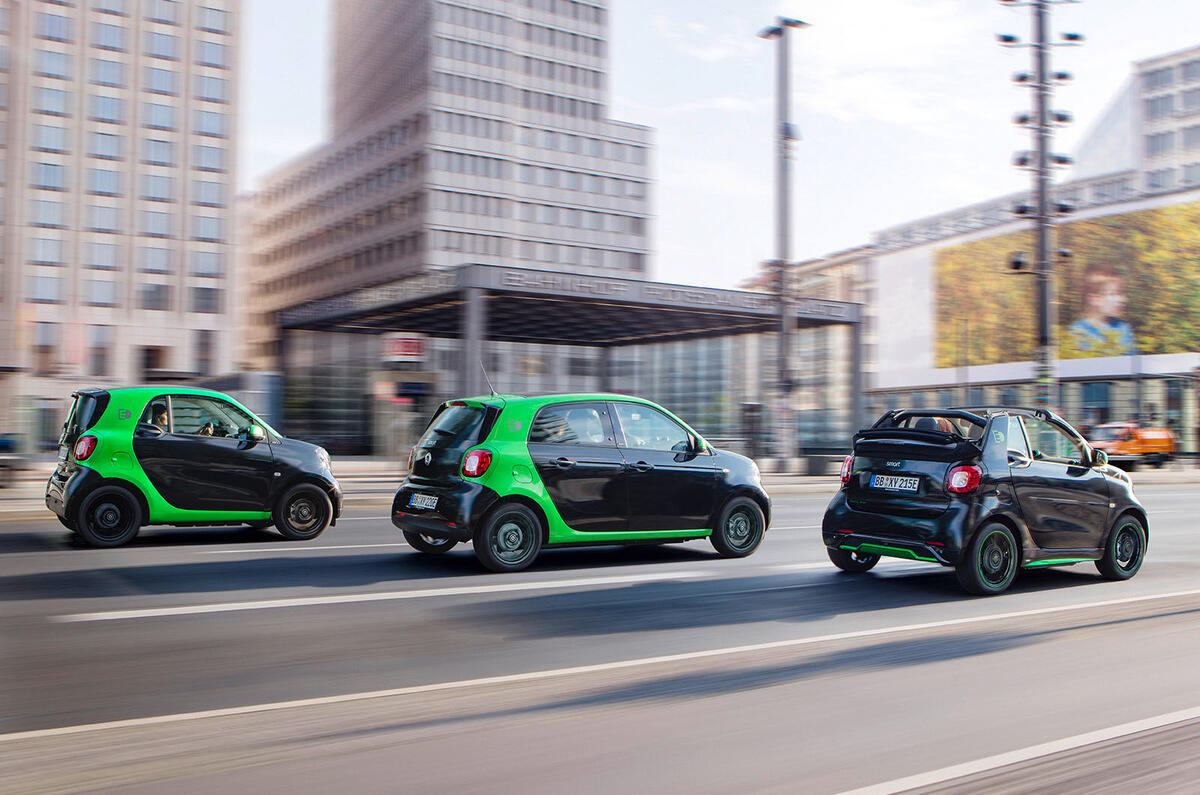
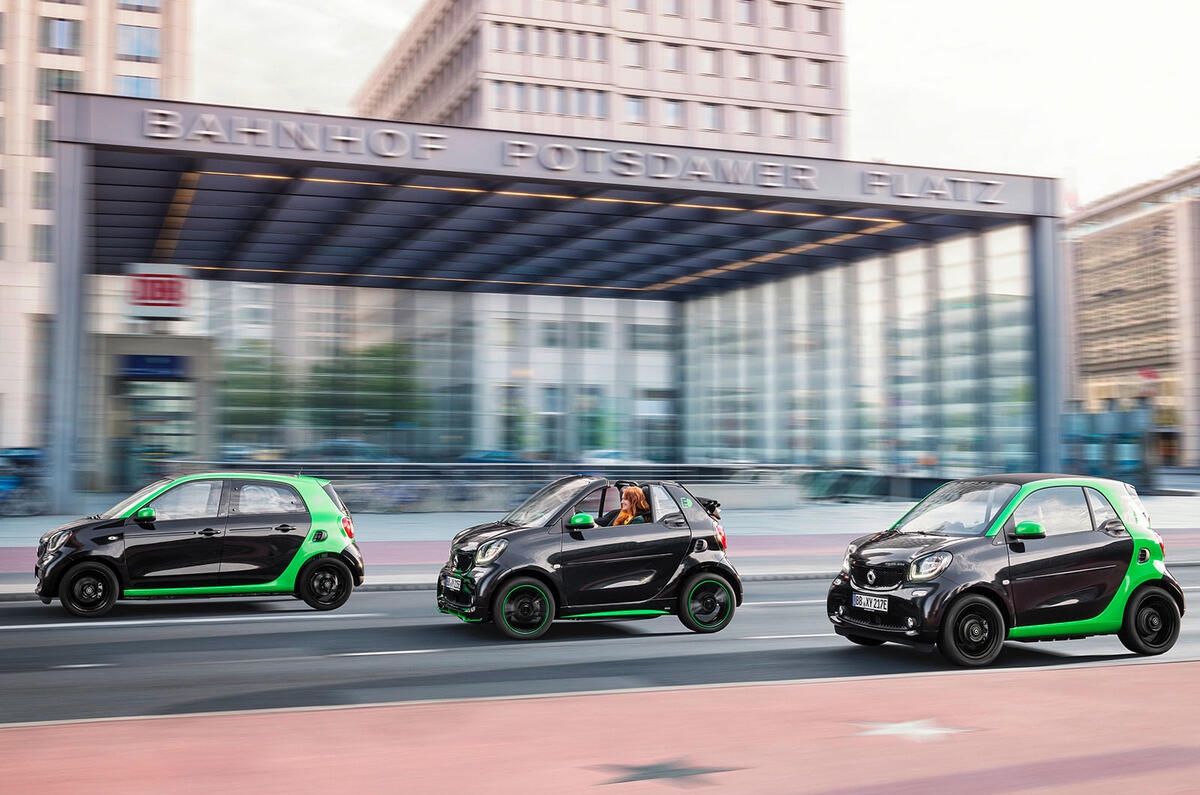
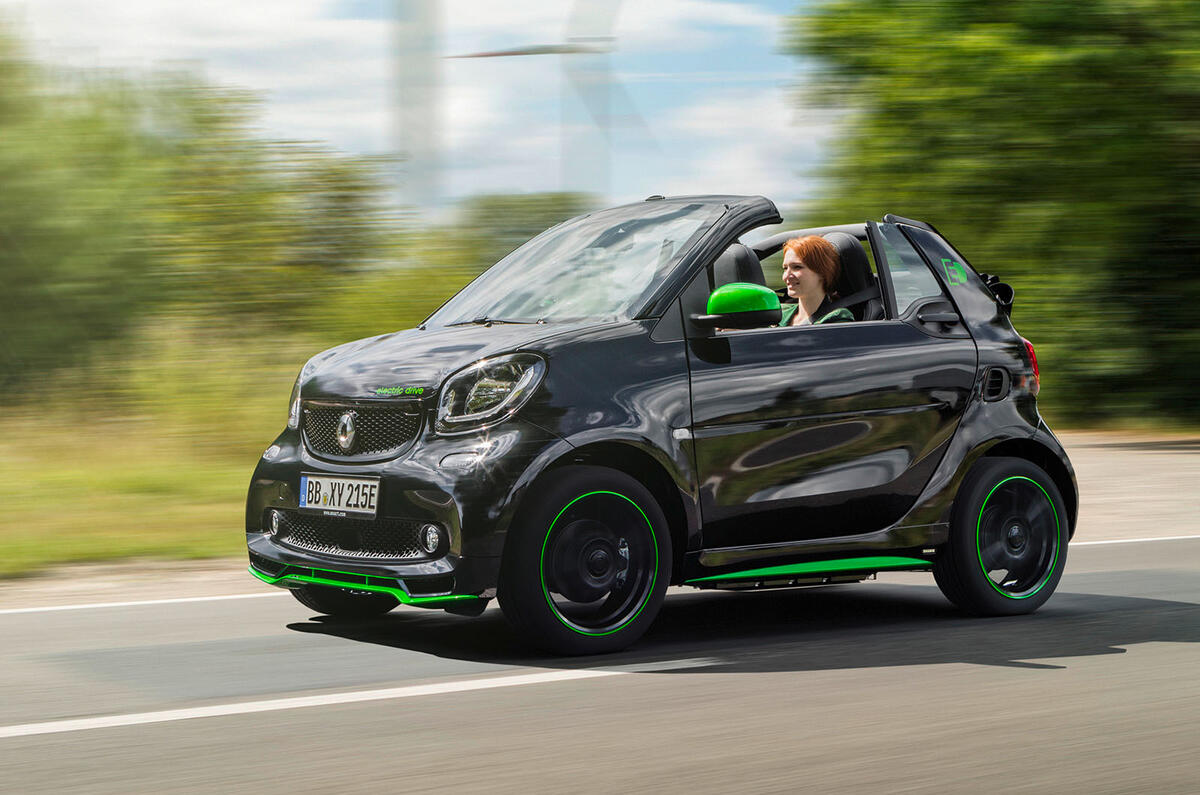
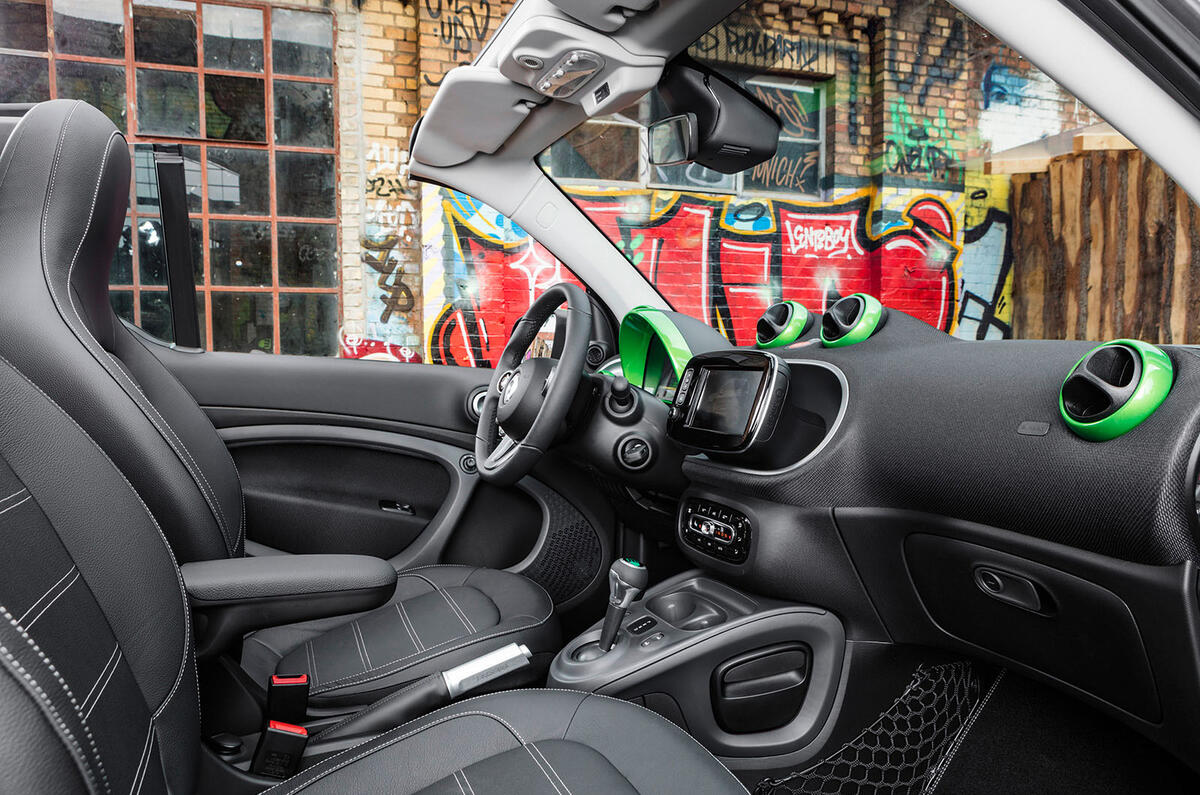
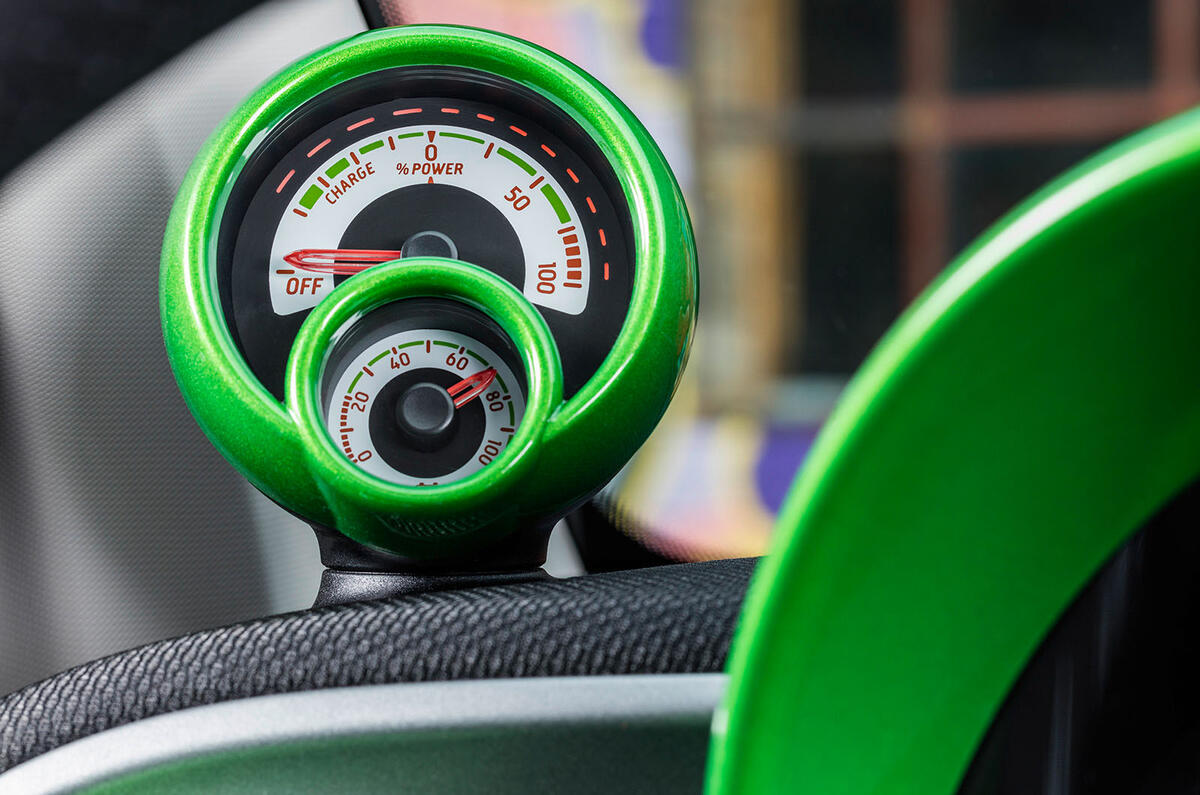
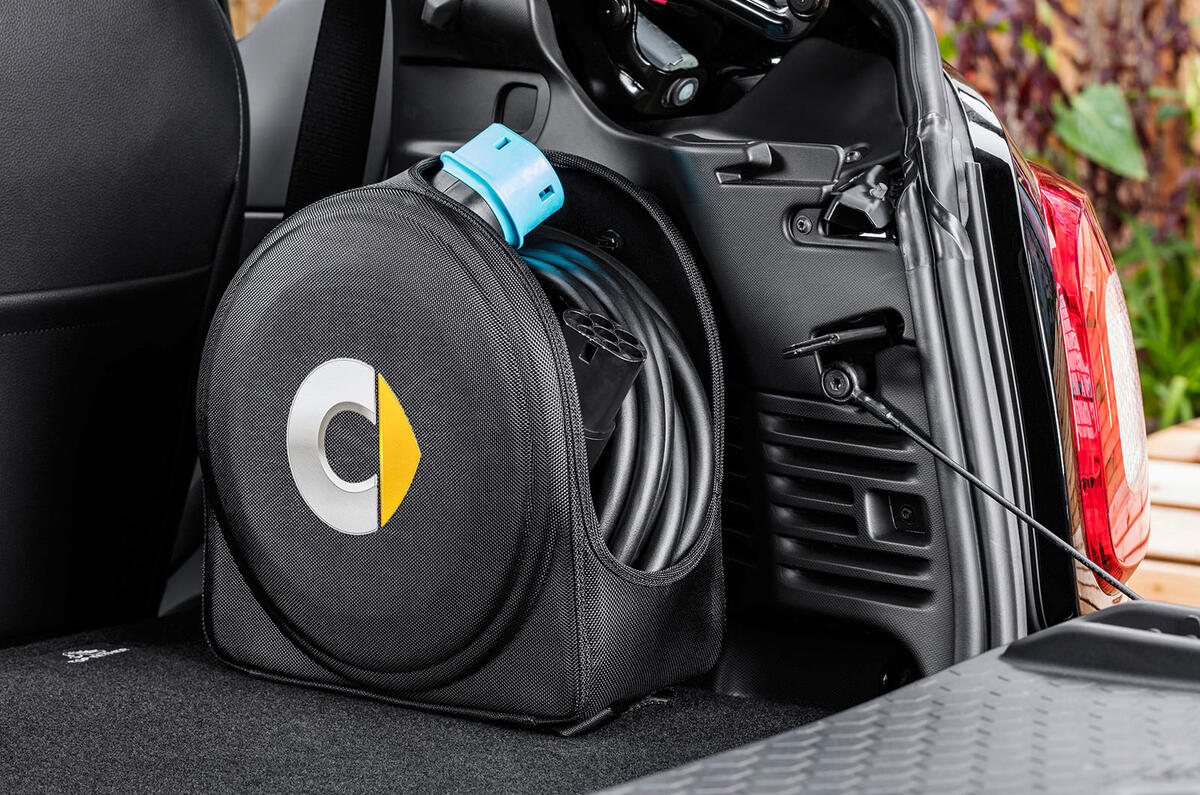
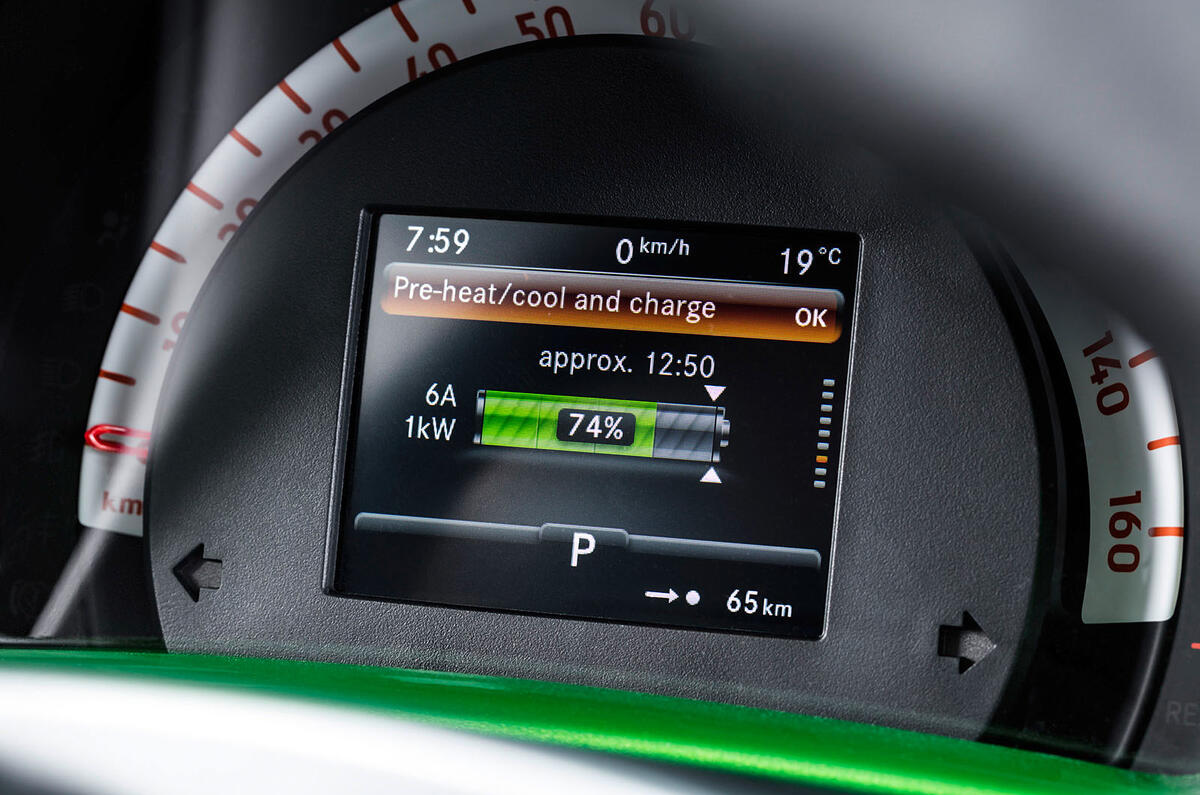
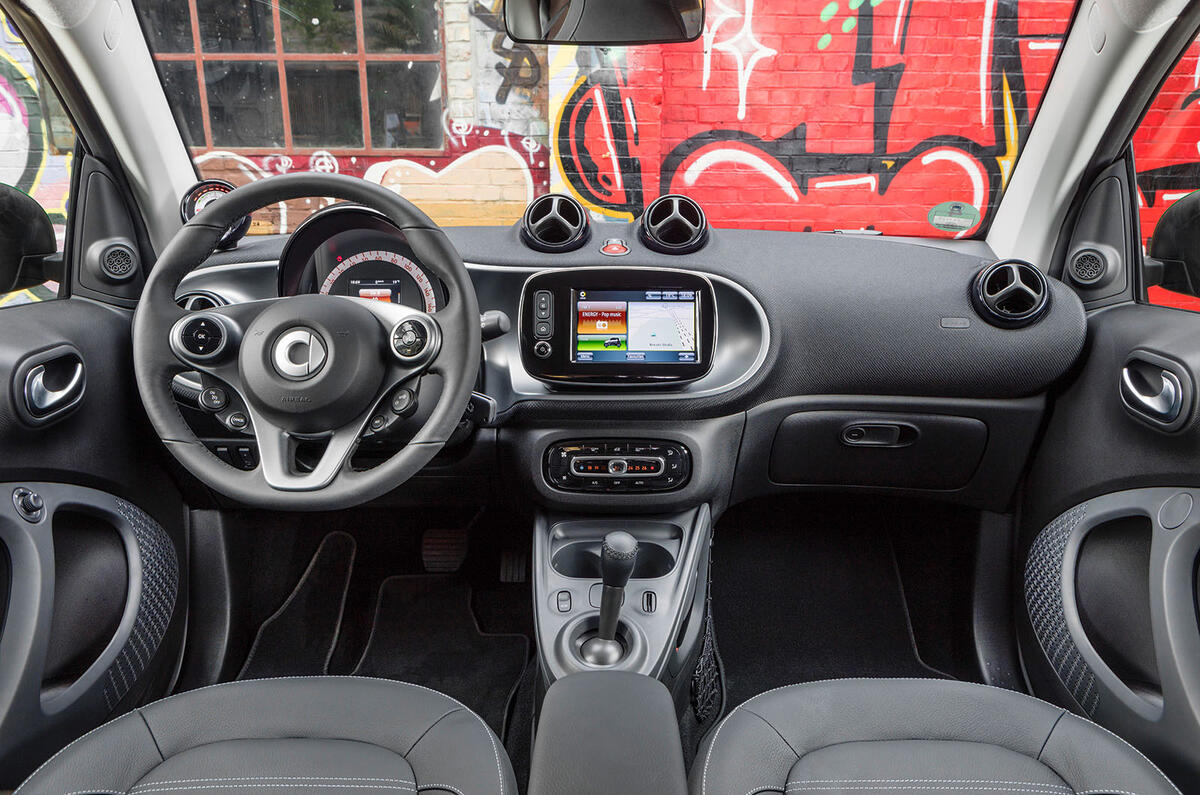
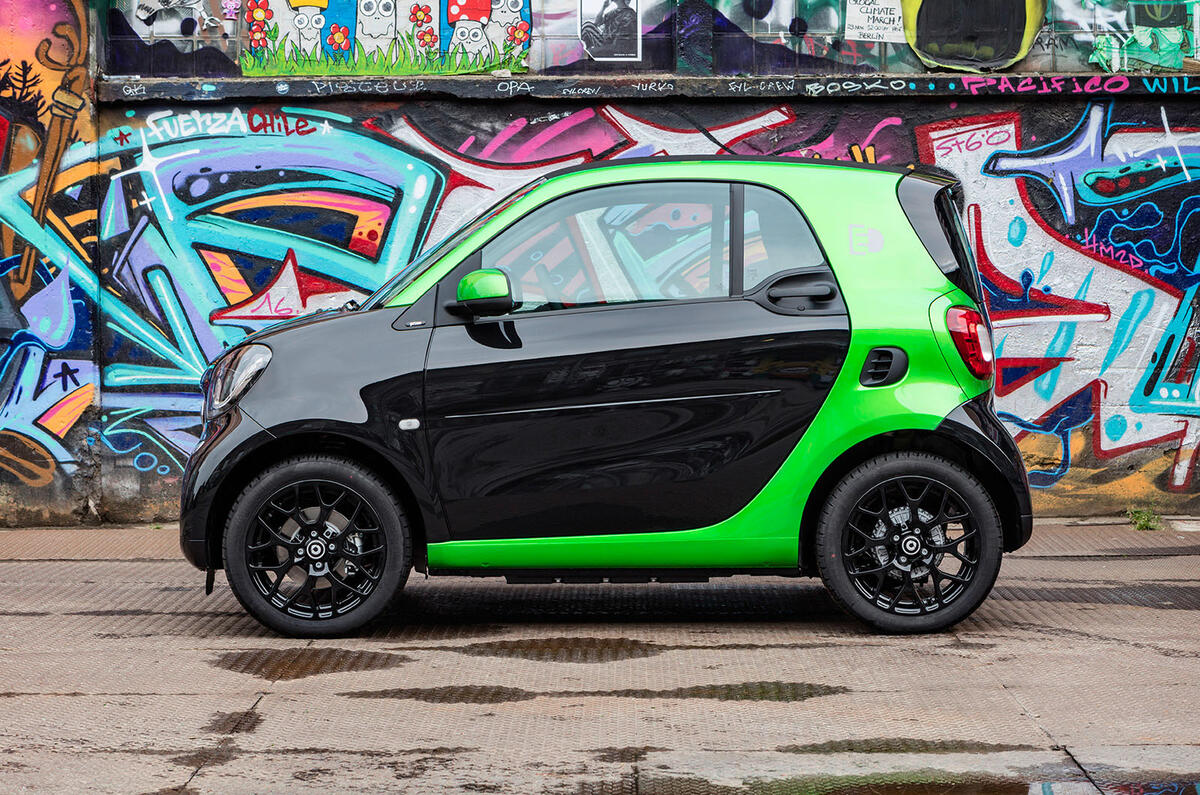
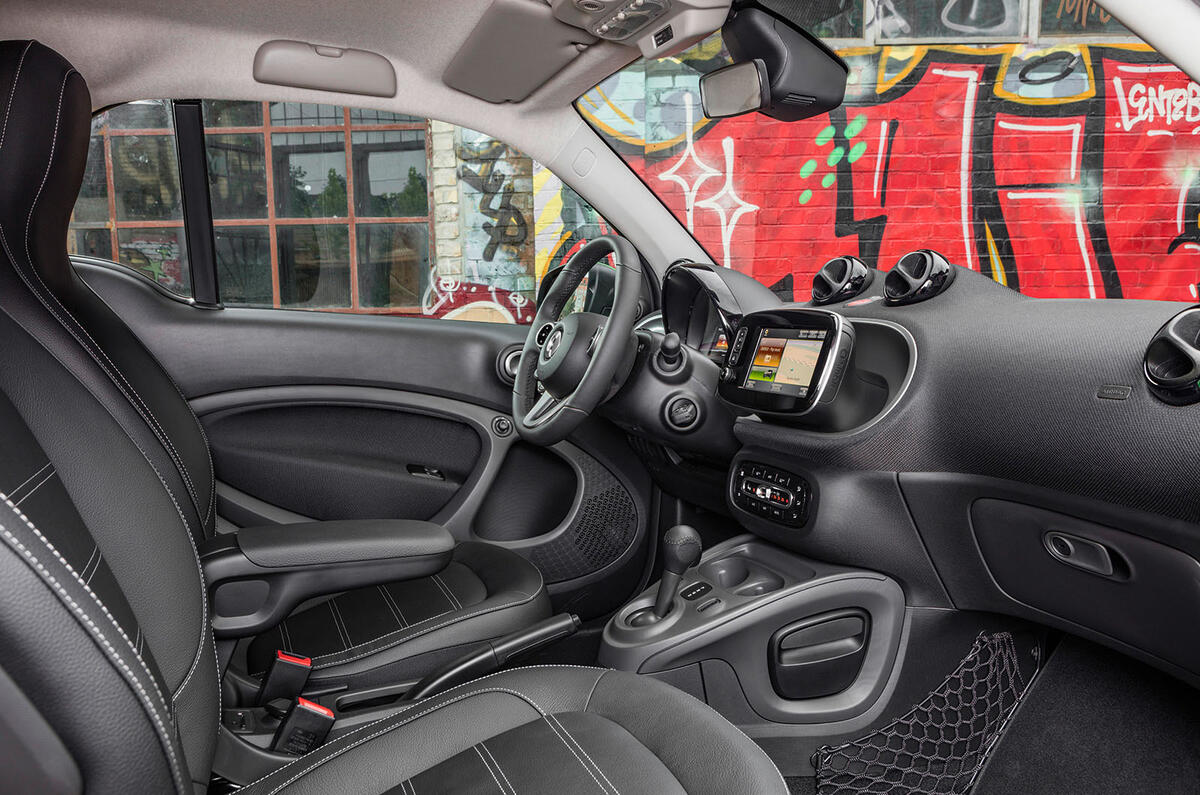
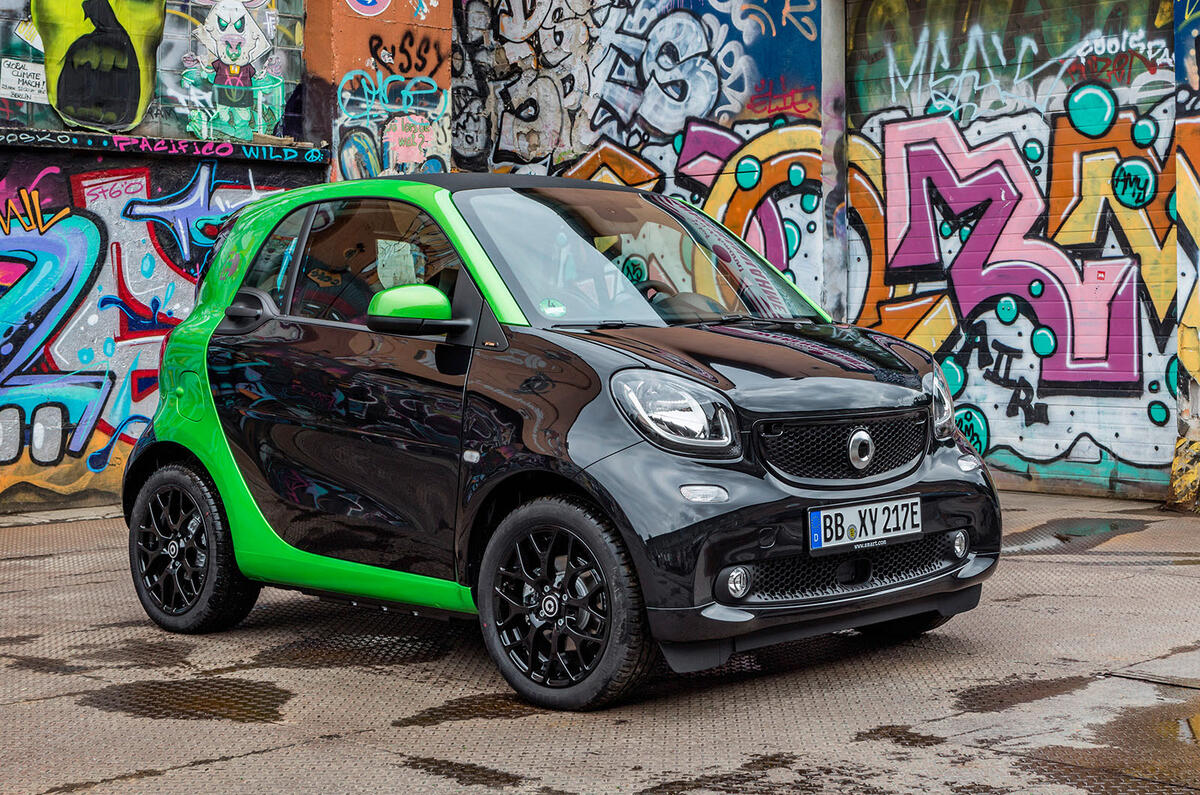
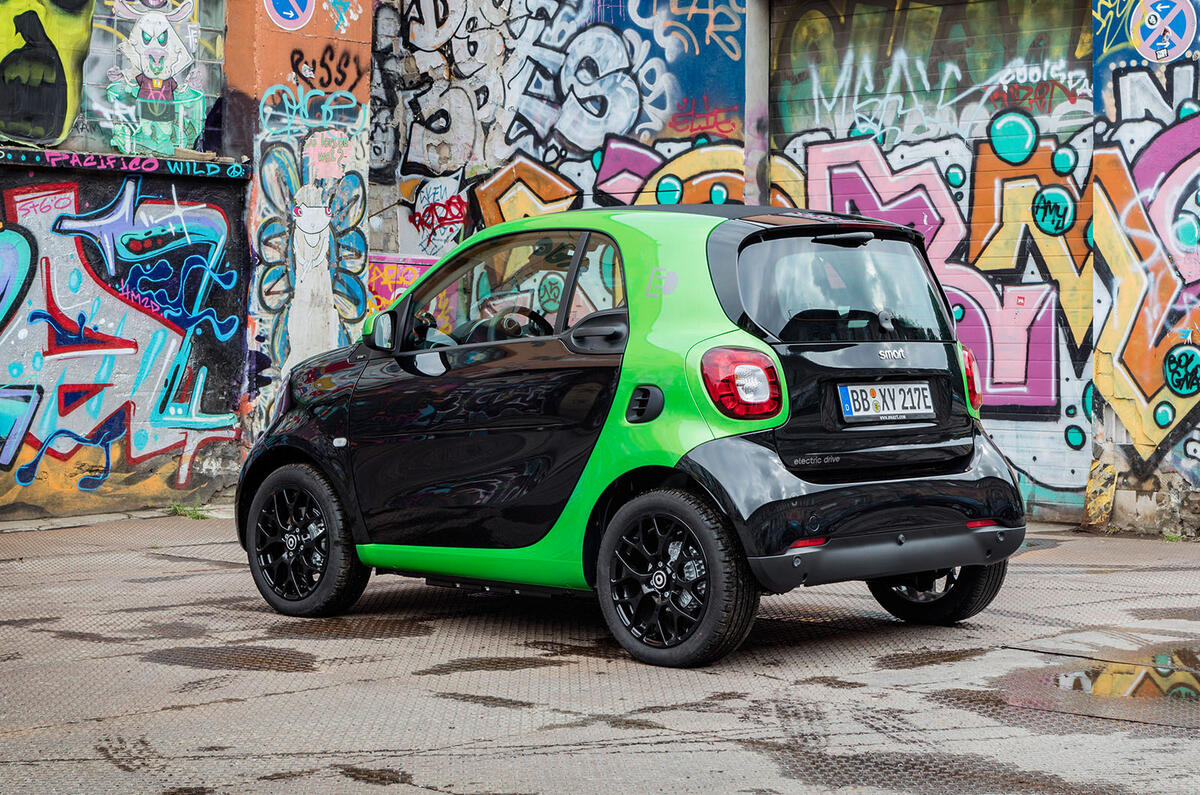
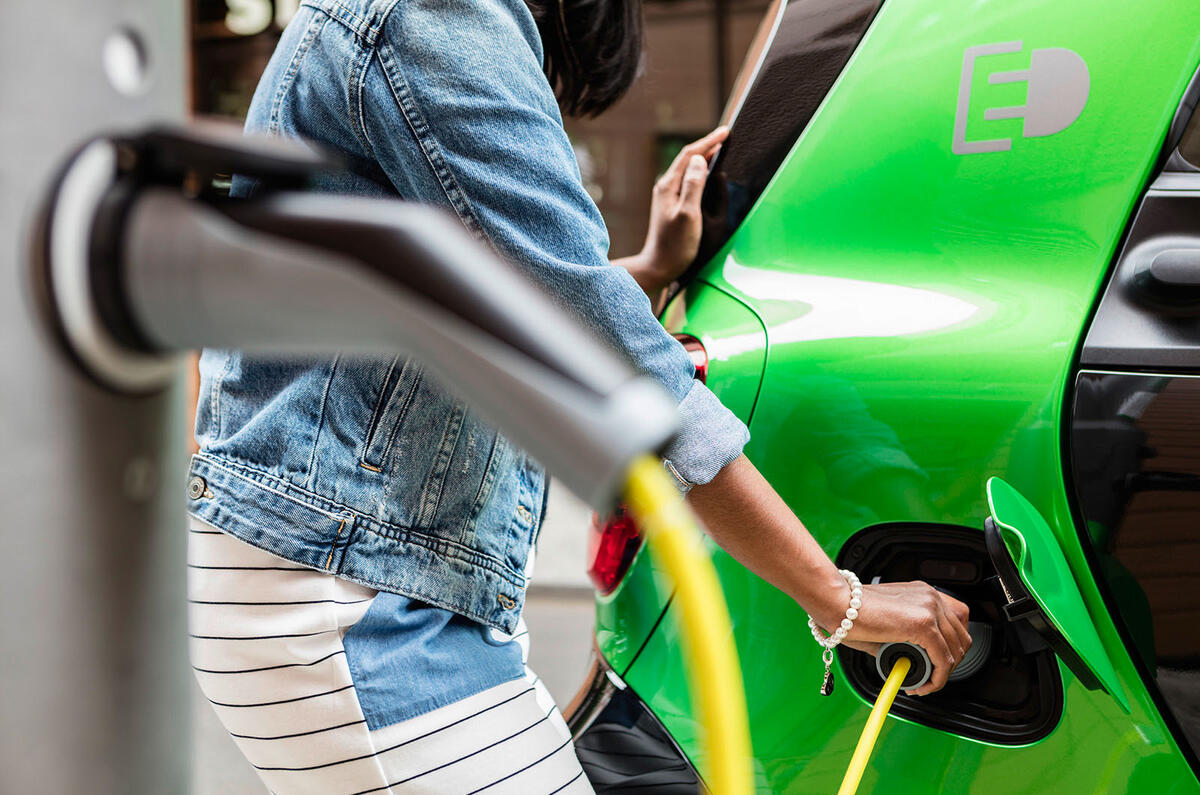
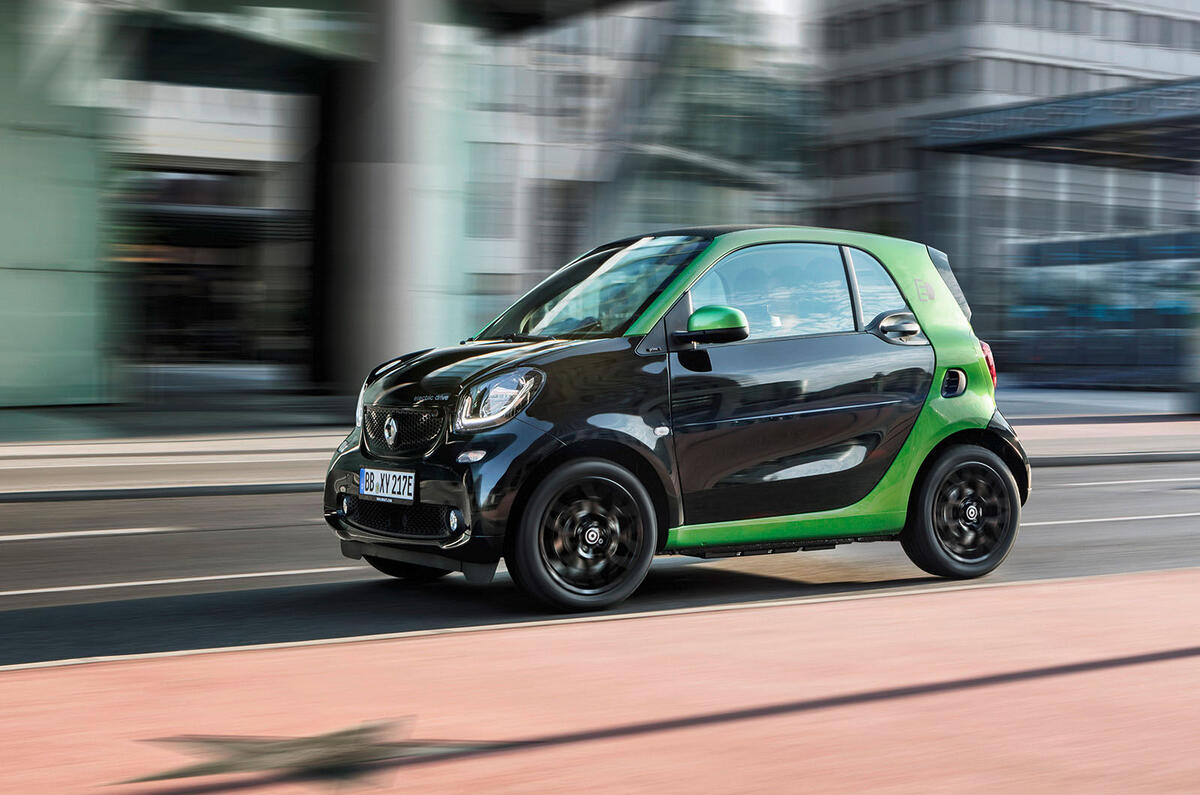
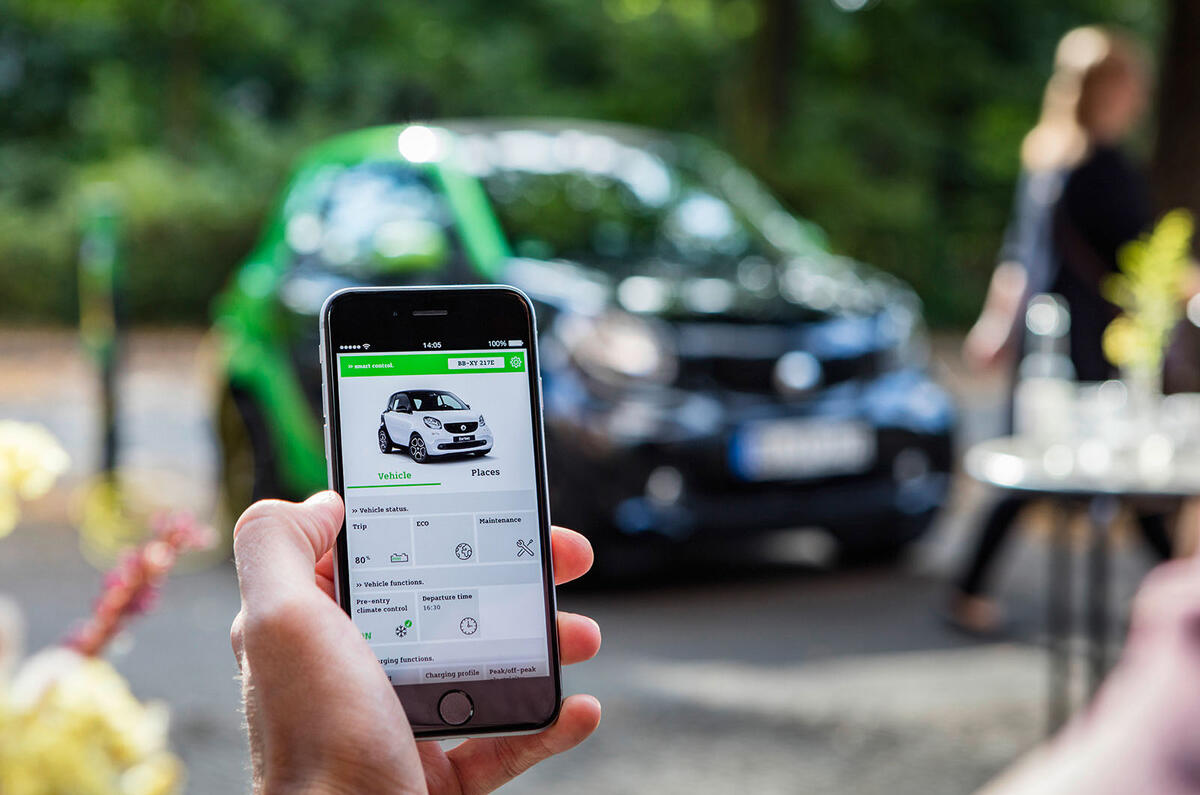
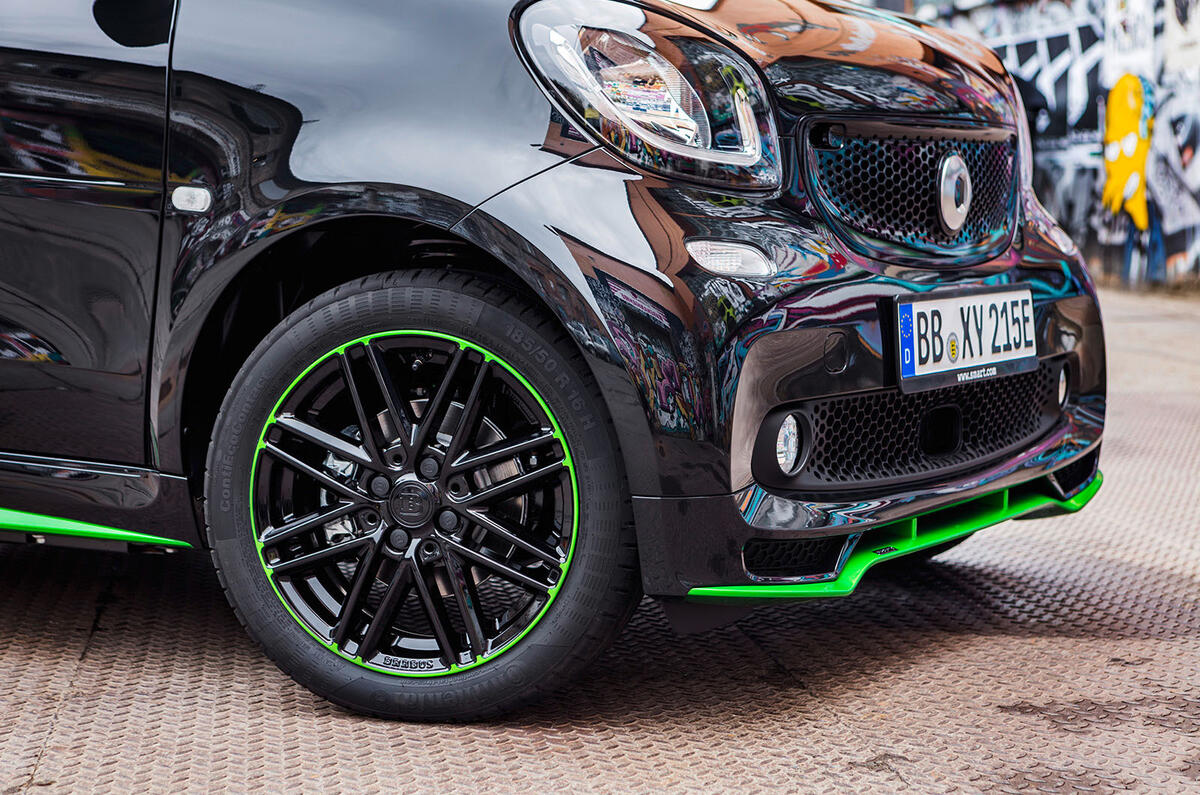
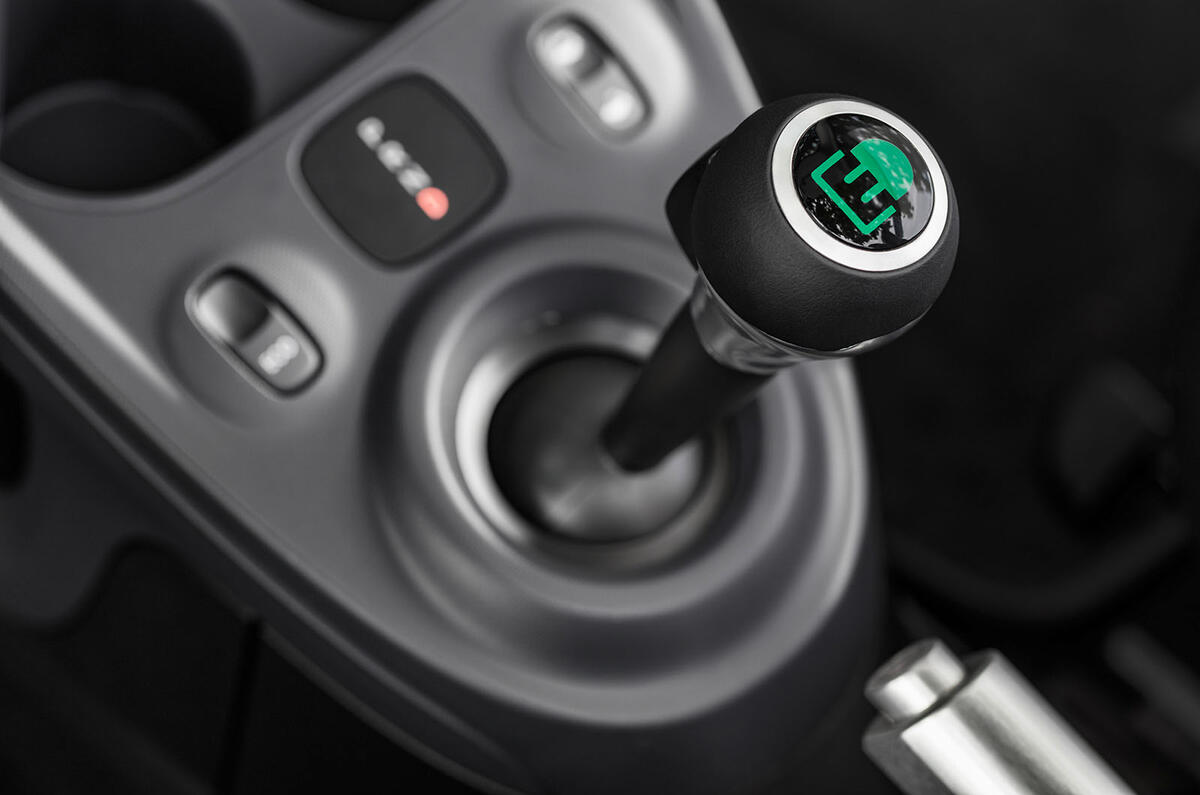
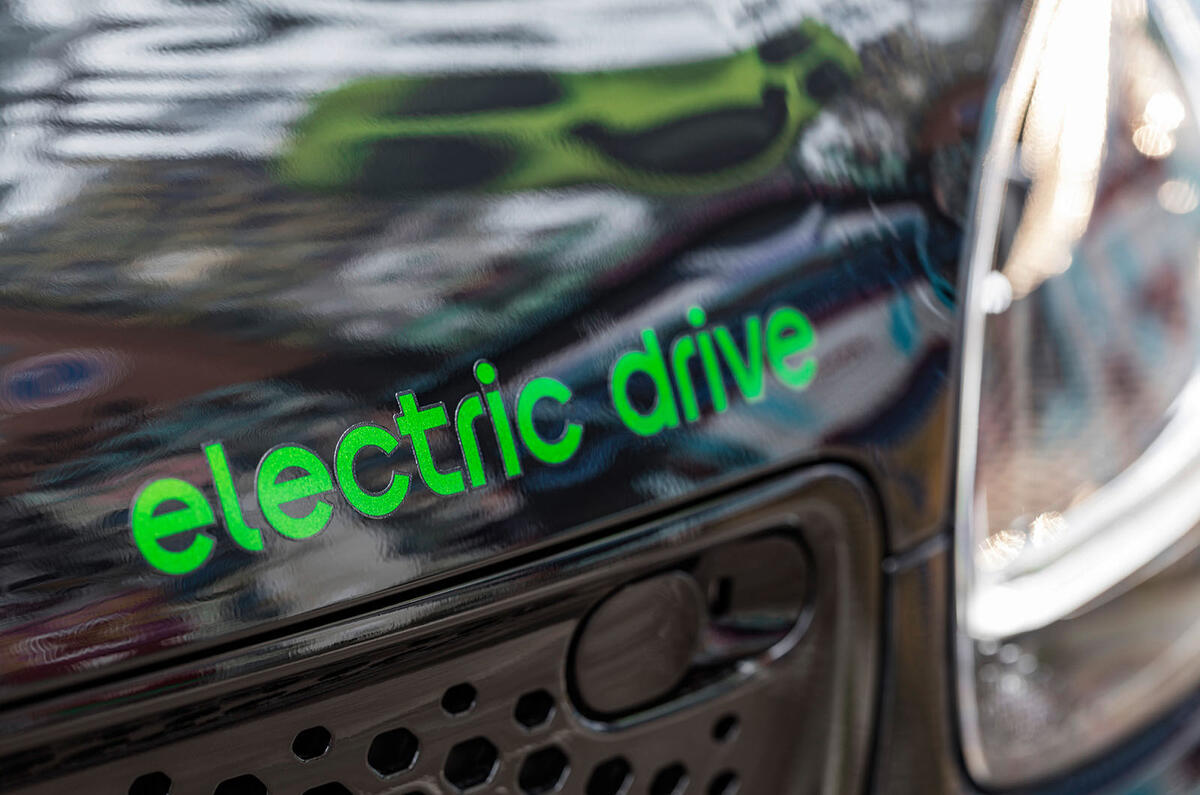
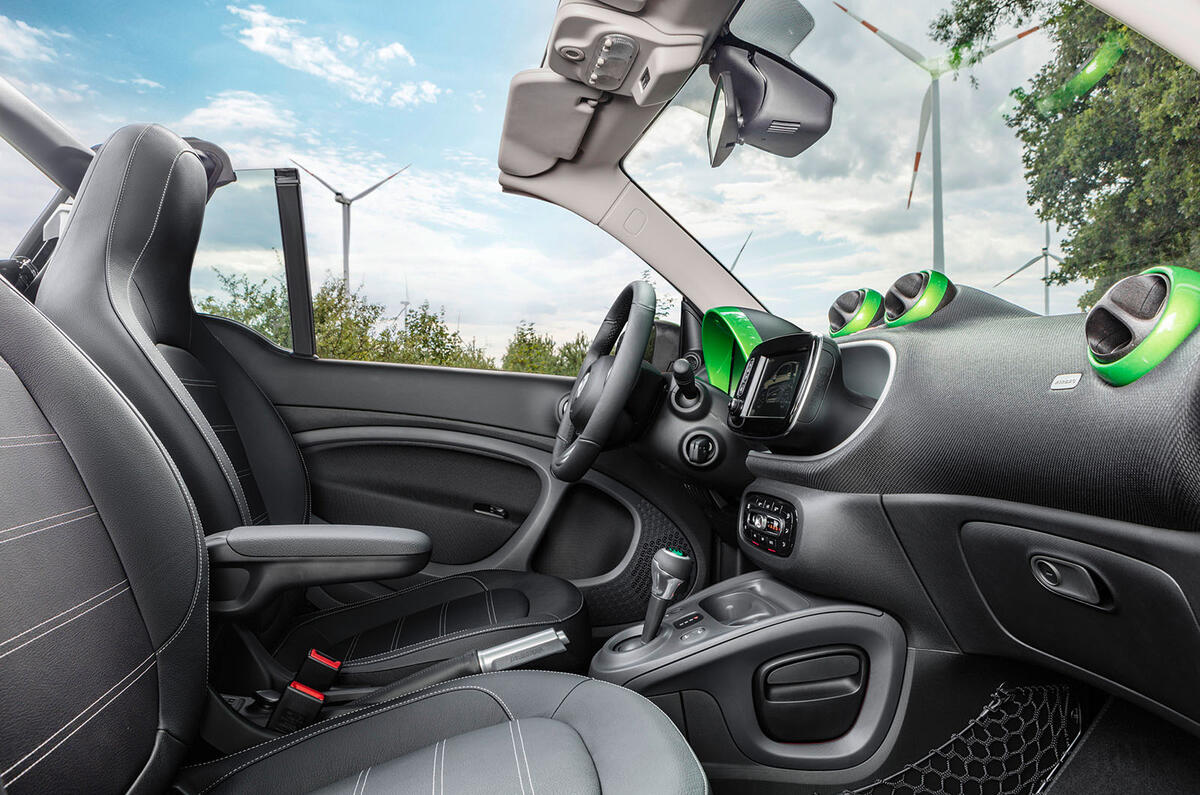
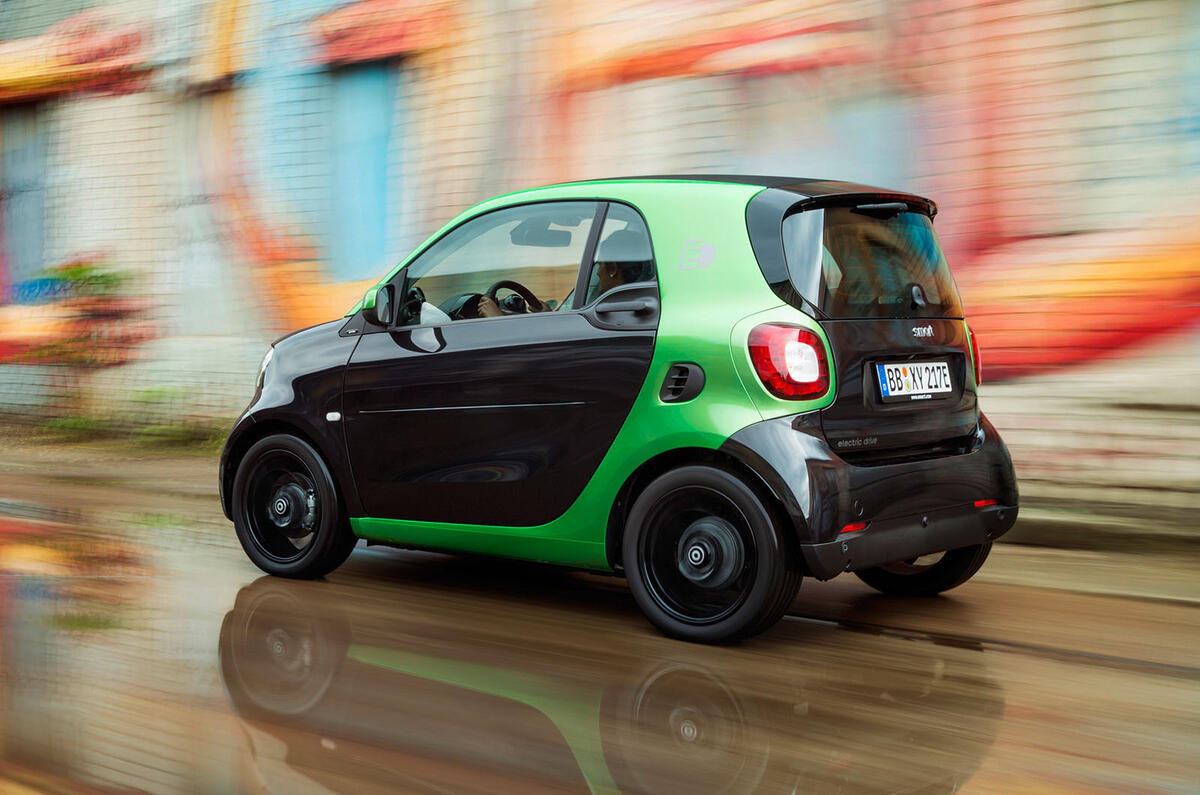
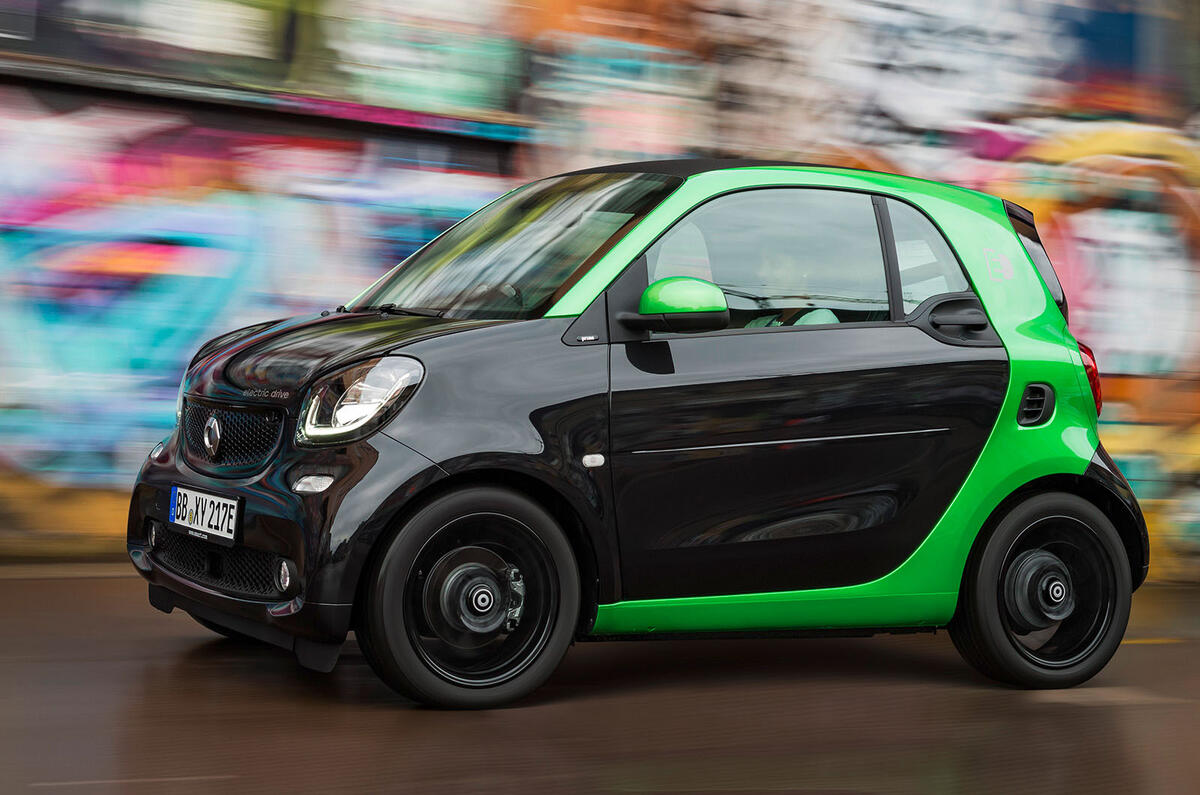
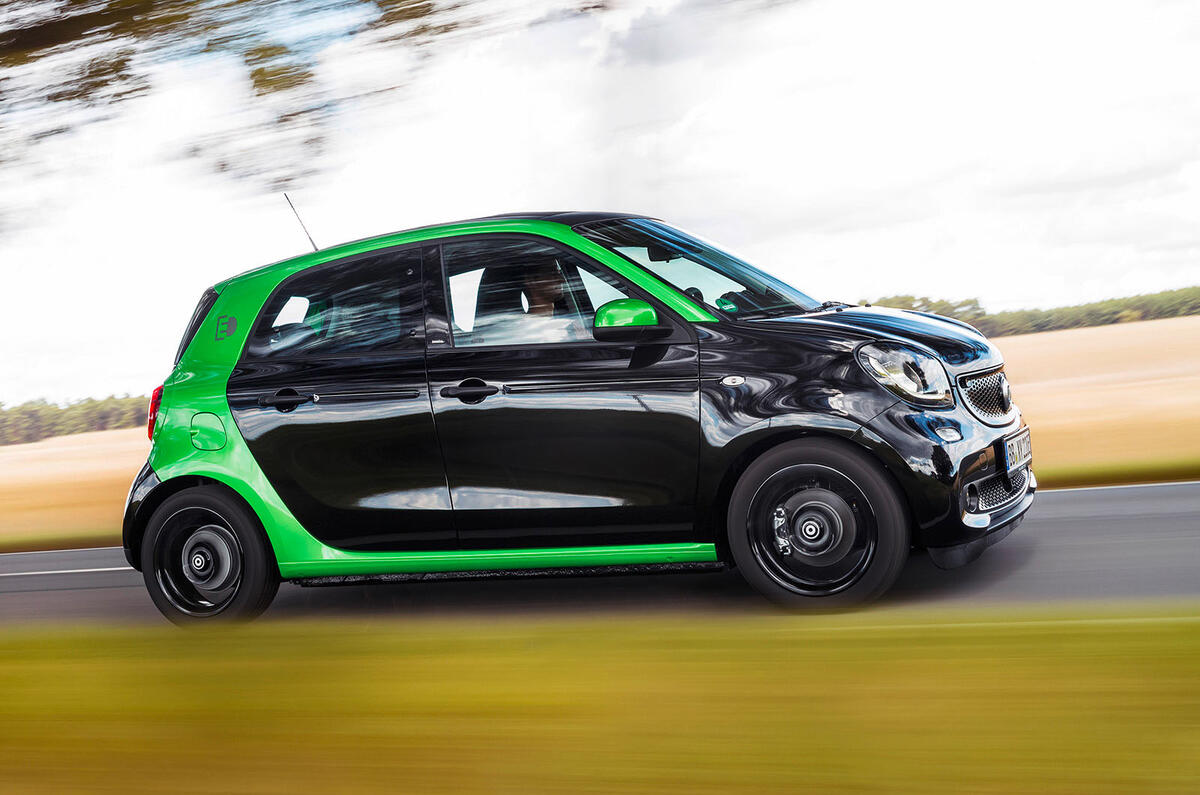
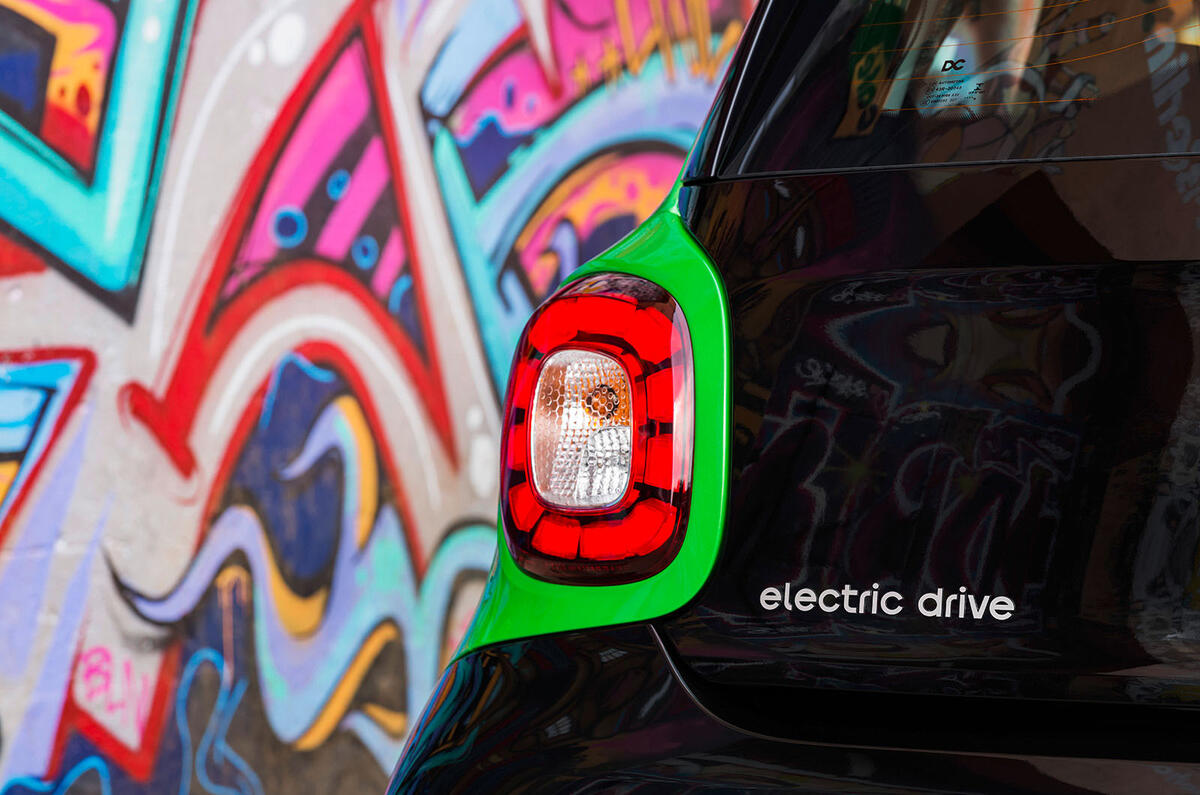
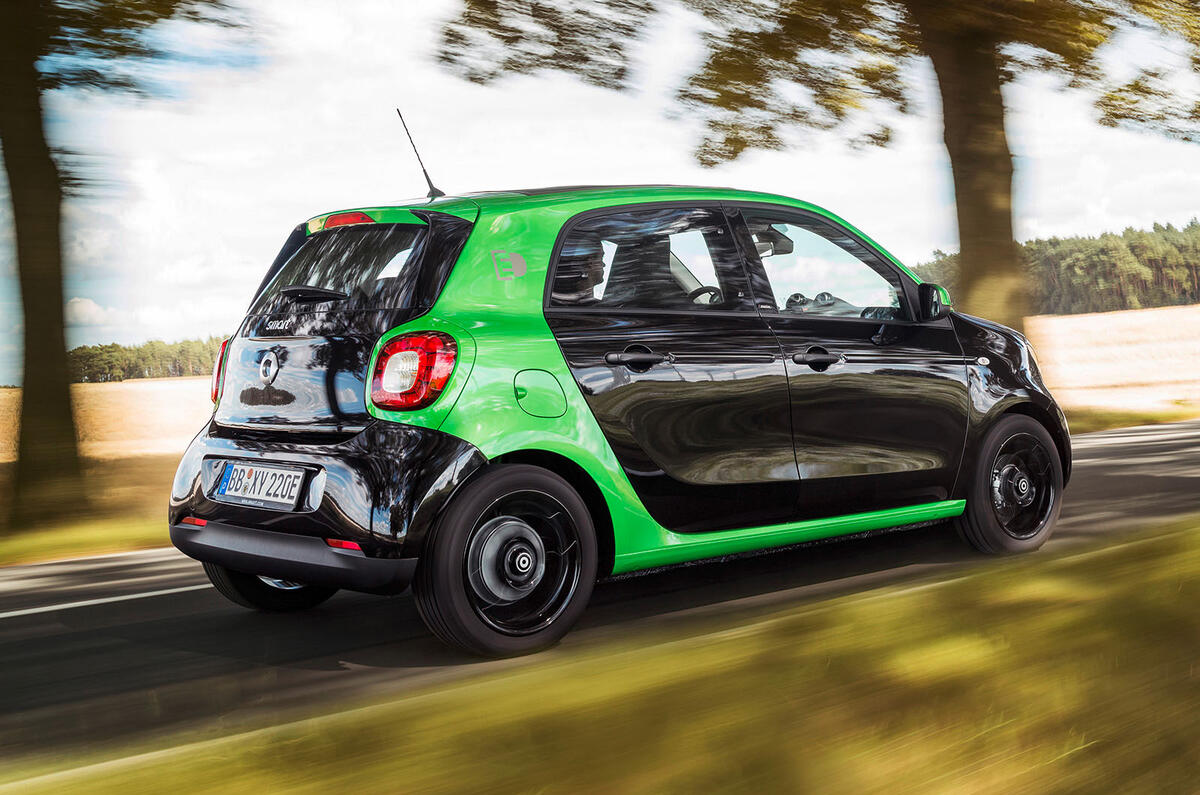
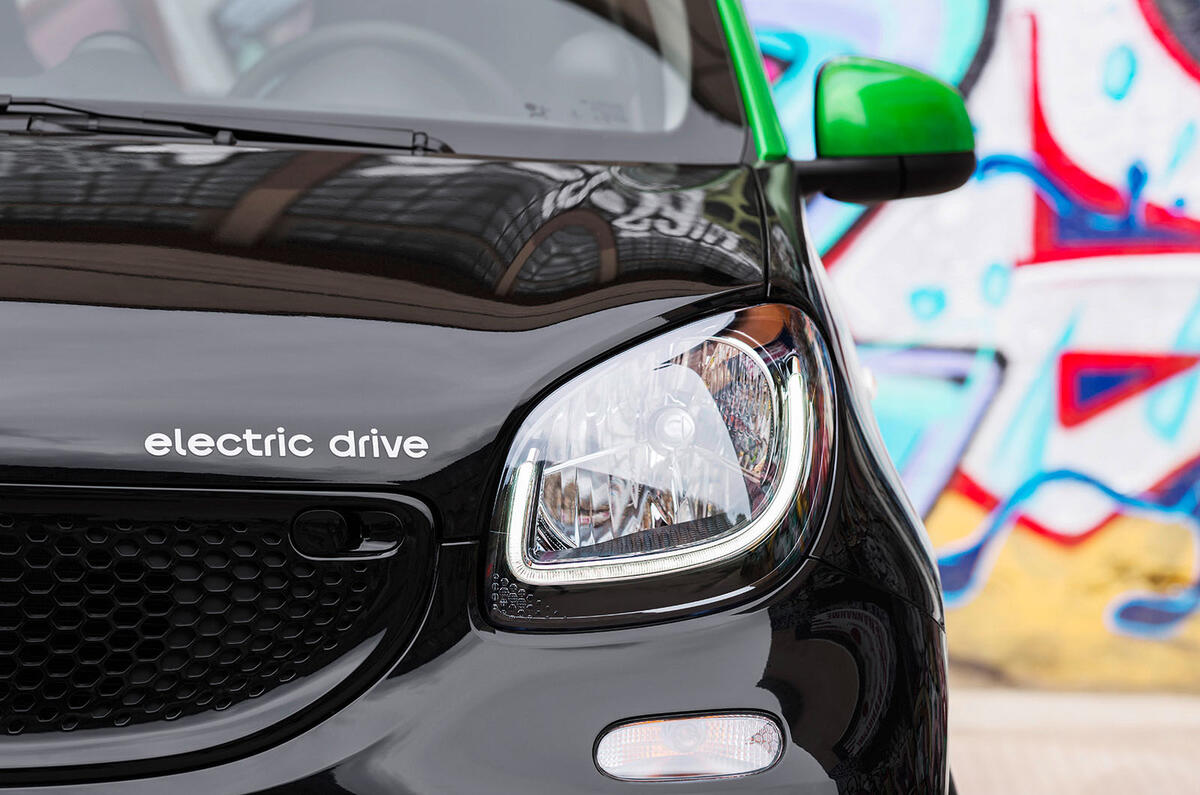
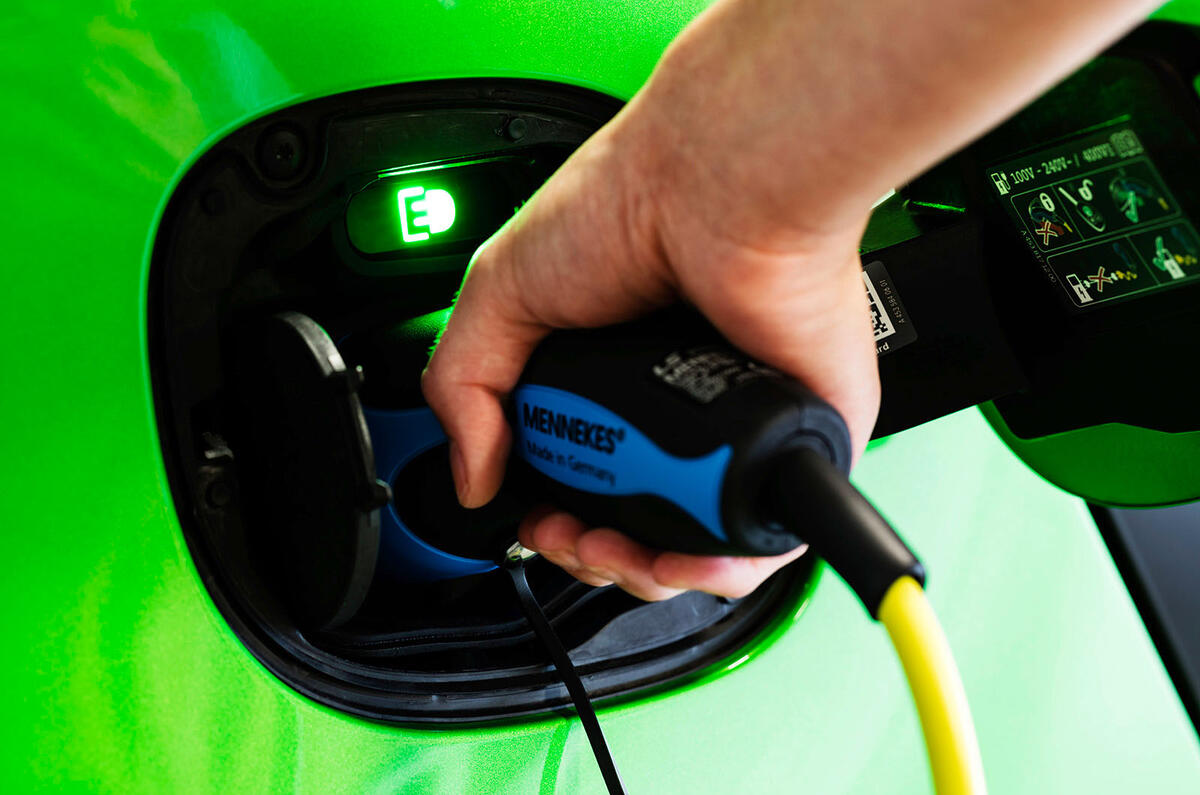
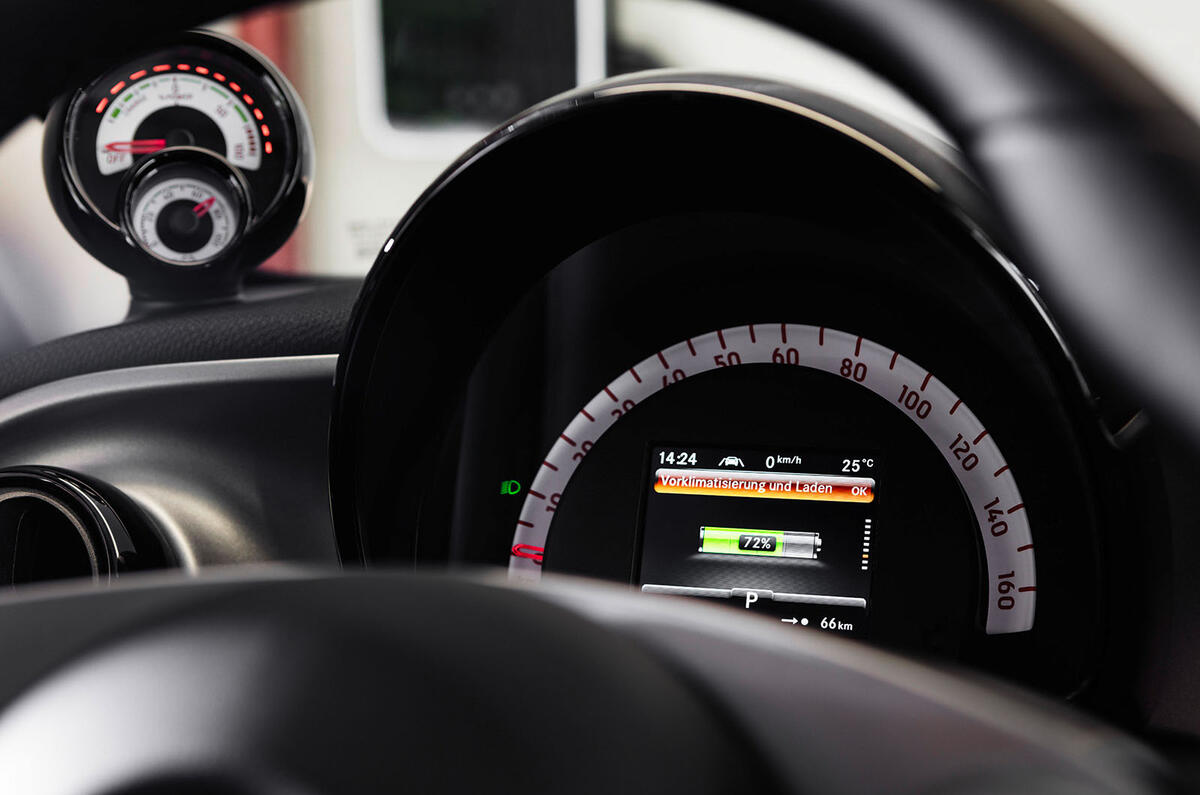
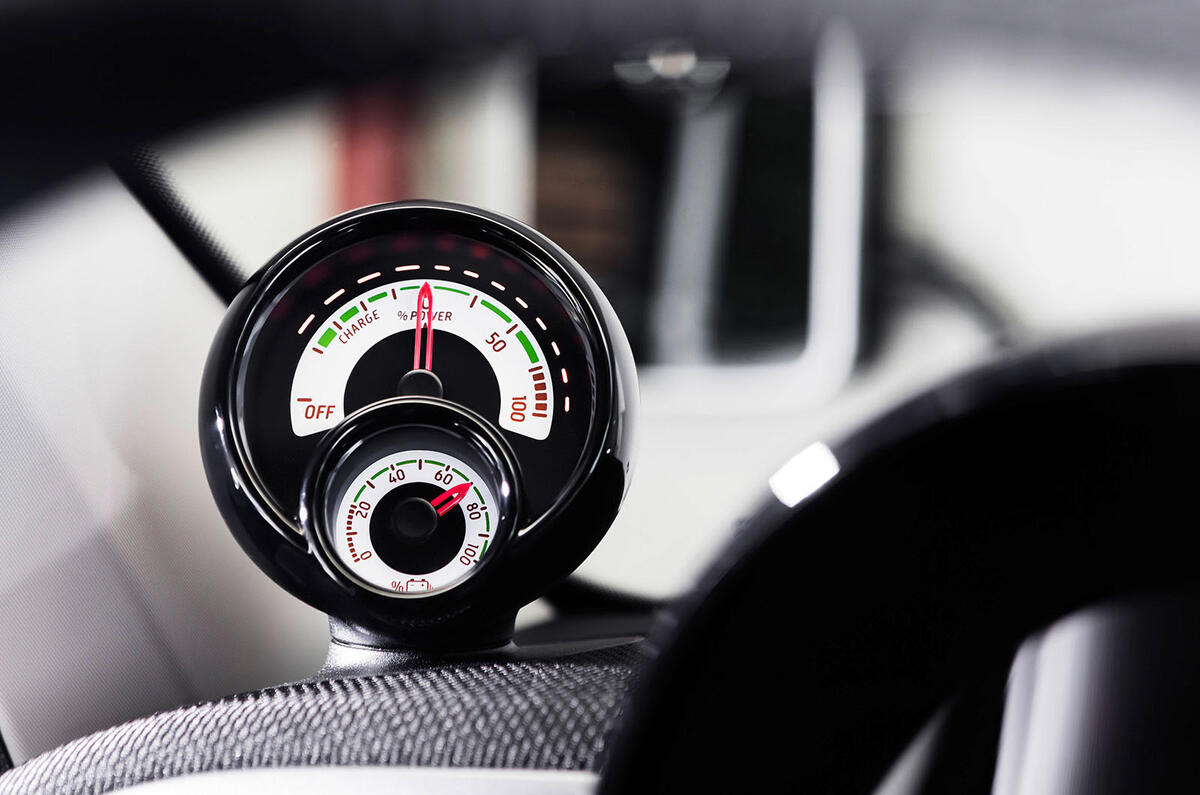
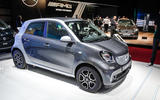
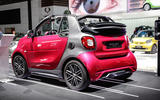
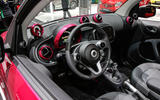
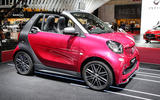
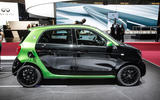
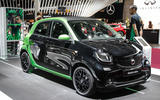
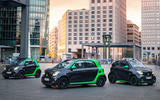
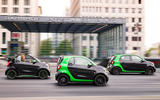
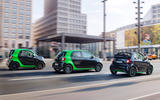
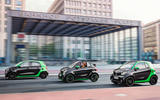
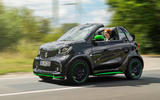
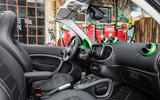

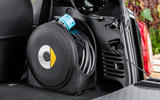
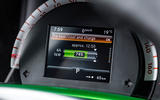
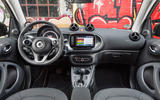
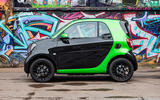
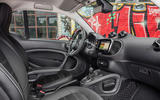
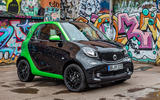
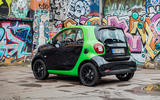
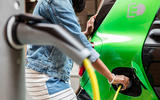
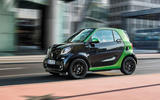
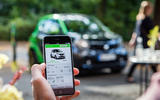
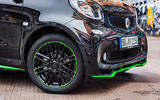
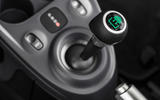
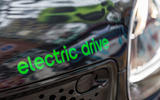
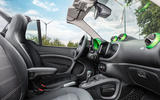
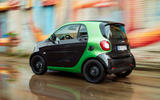
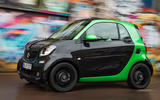
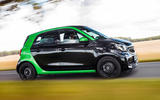

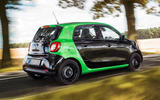
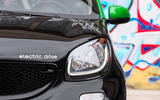
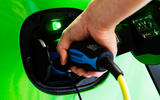
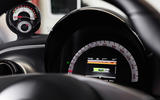
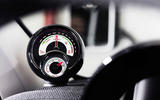



Join the debate
Add your comment
Full charge in 45mins? Am I
Price
Chevrolet Bolt
The shortly to go on sale Chevy Bolt, 200hp , EPA range of 238 miles, with a before incentive price of from $38k looks far better value. Will it go on sale in the UK though and would the price be competitive after UK taxes and duties. That is still a big problem for electric cars to overcome, the initial cost plus will it still have the range after ten years use with 100k miles?
Study
To save you the worry here's the results of a study "The recent Model S numbers from The Netherlands are even more encouraging.
Based on 84 data points from the 85-kWh version of the Model S and six from 60-kWh cars, the study concludes that the Model S will retain about 94 percent of its capacity after 50,000 miles, with losses thereafter shrinking to about 1 percent per 30,000 miles.
That means that after 100,000 miles, the typical Model S is projected to retain about 92 percent of its battery capacity and range."